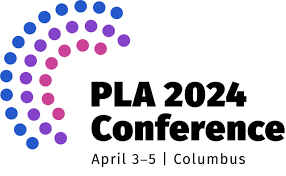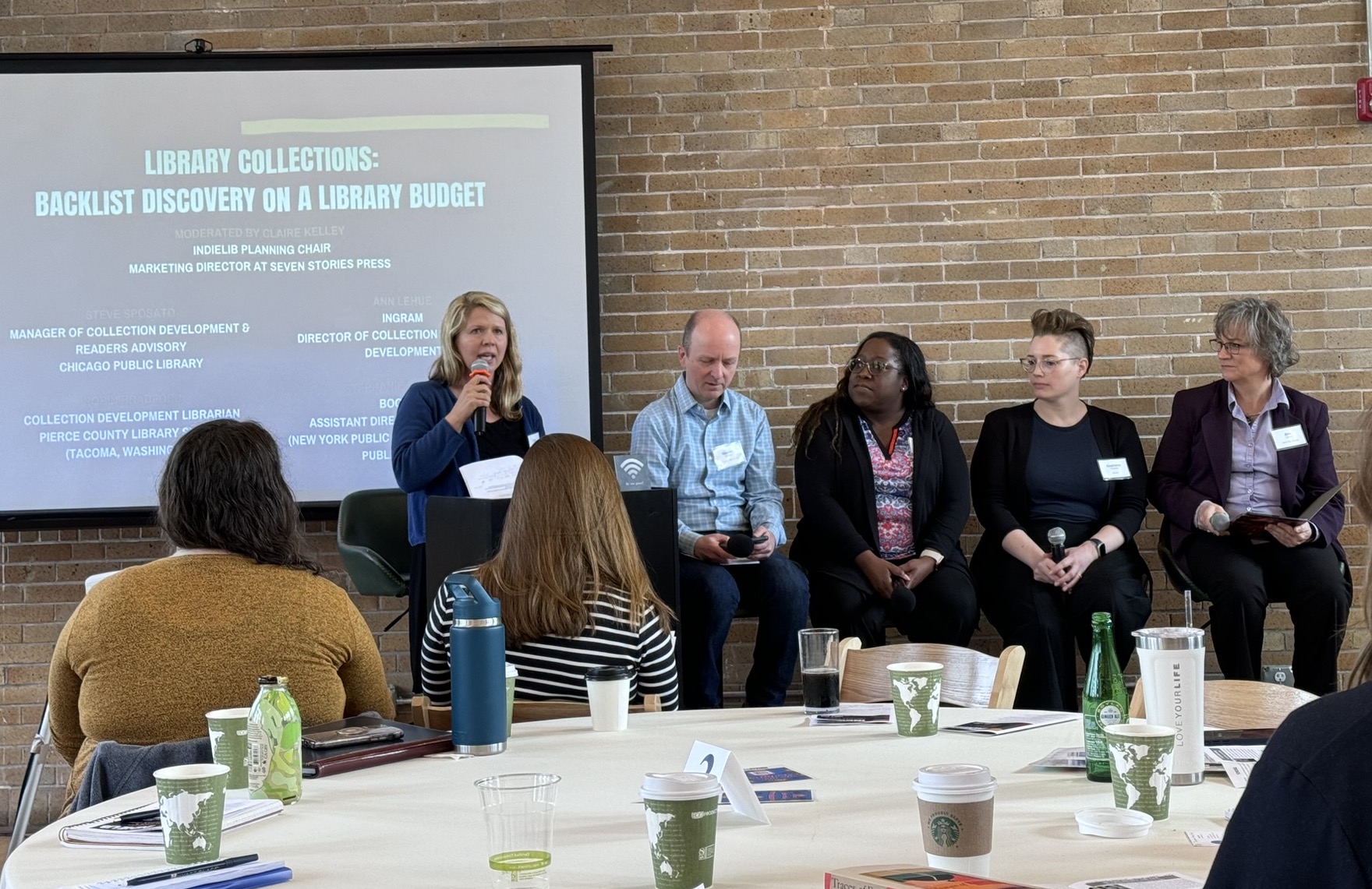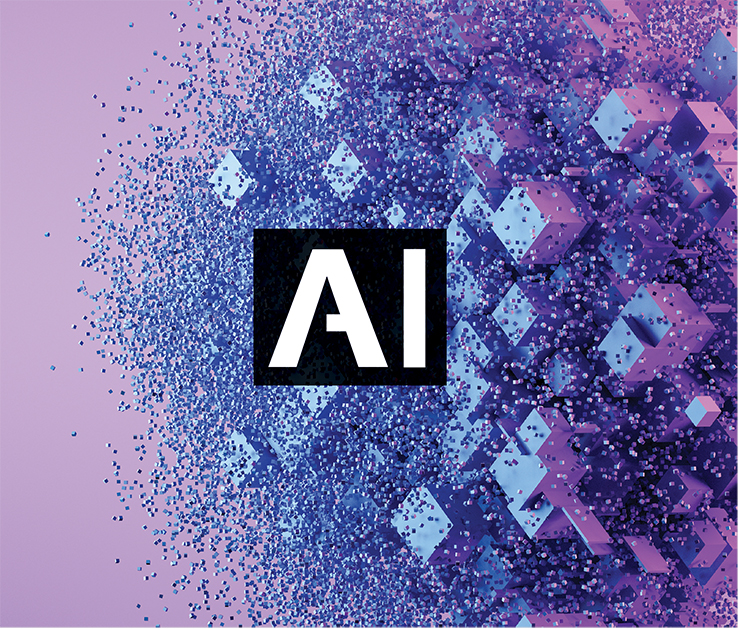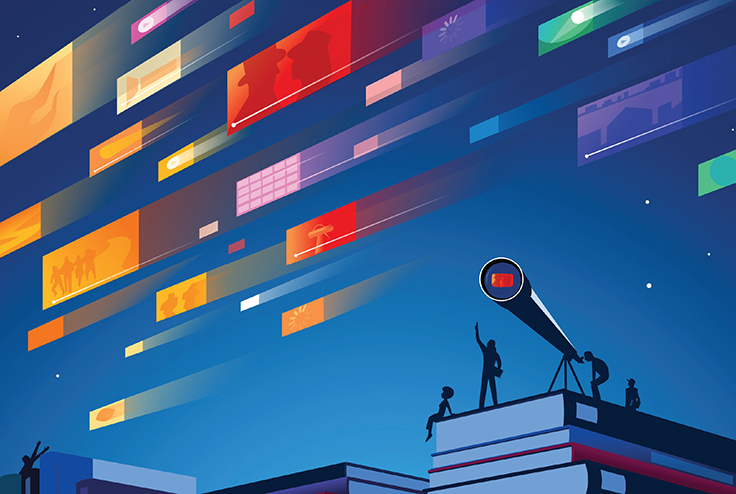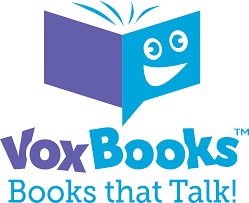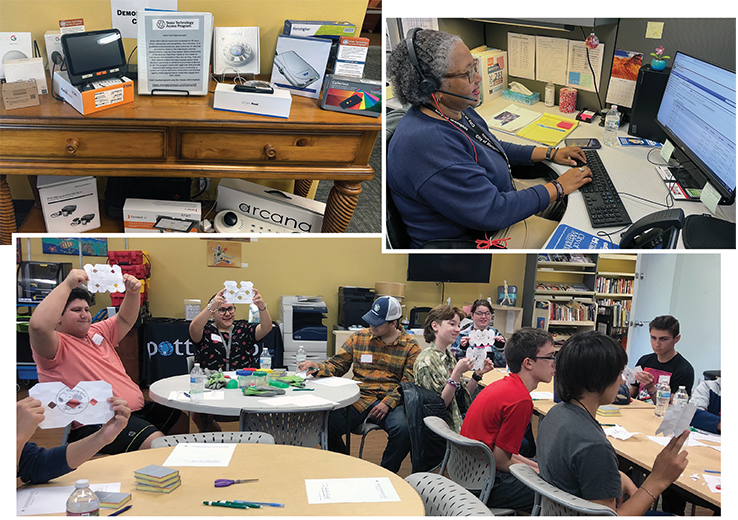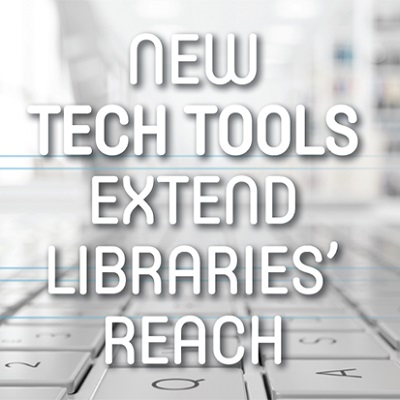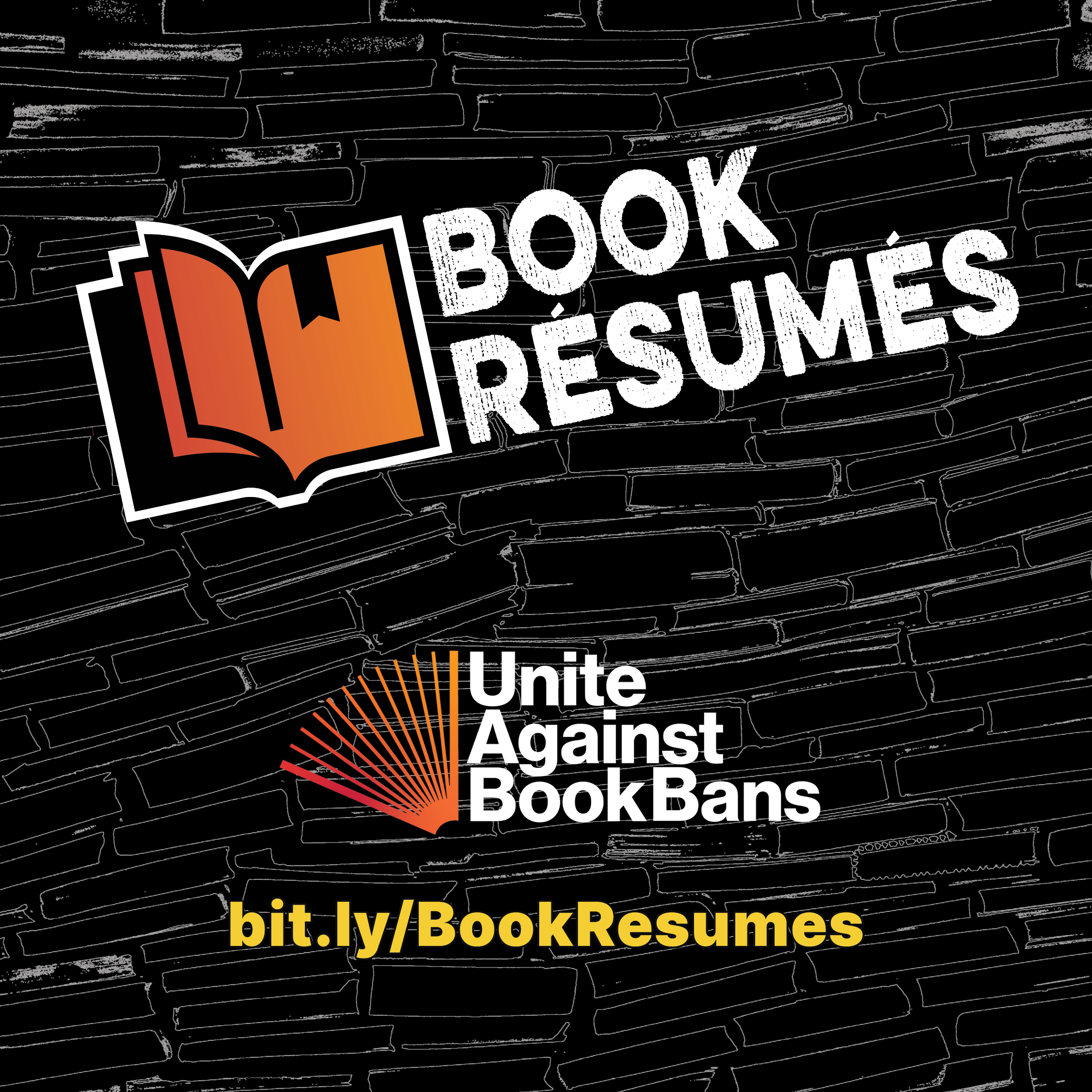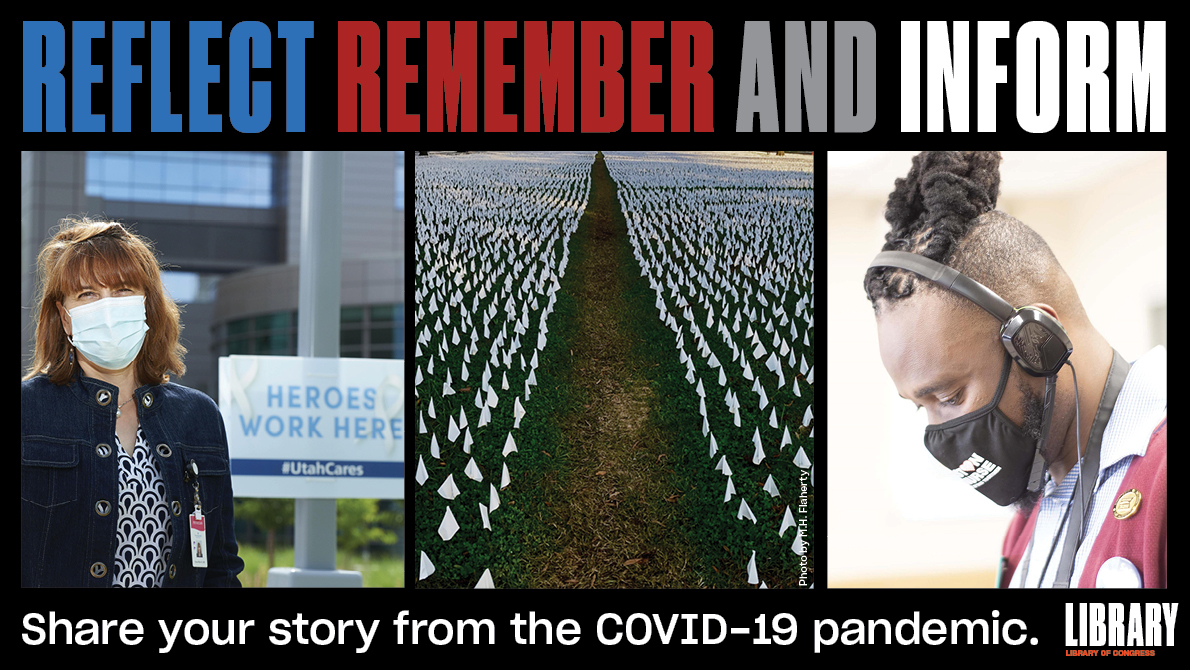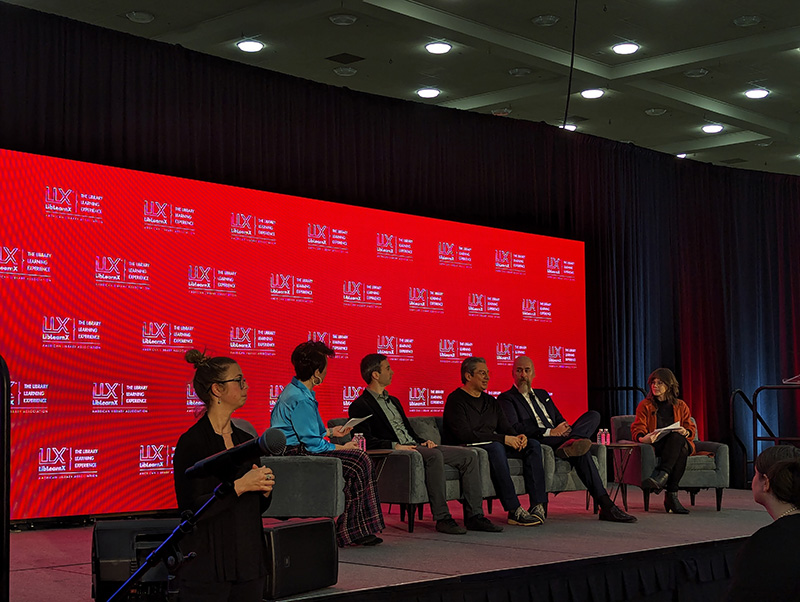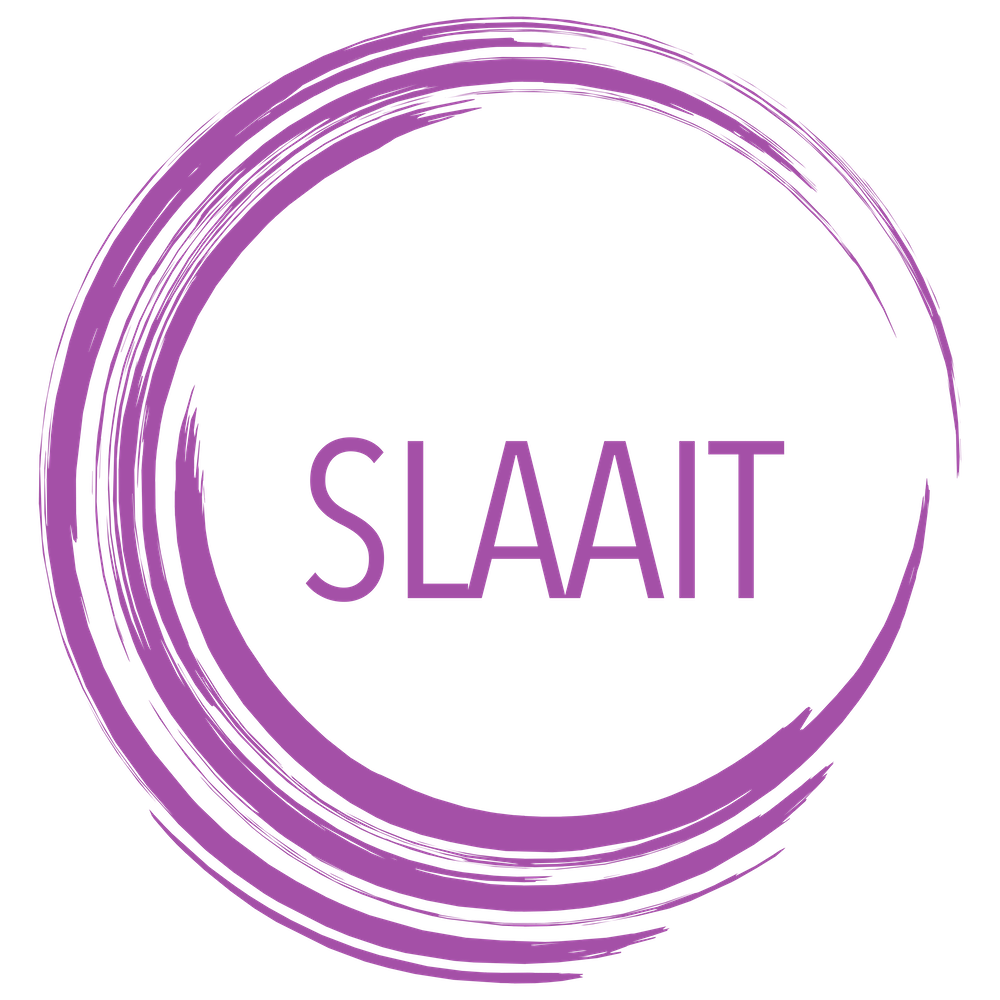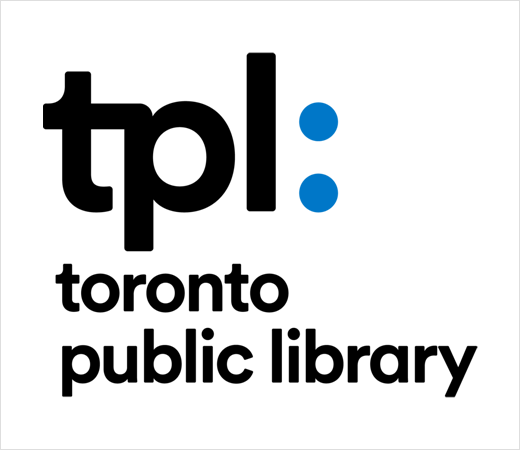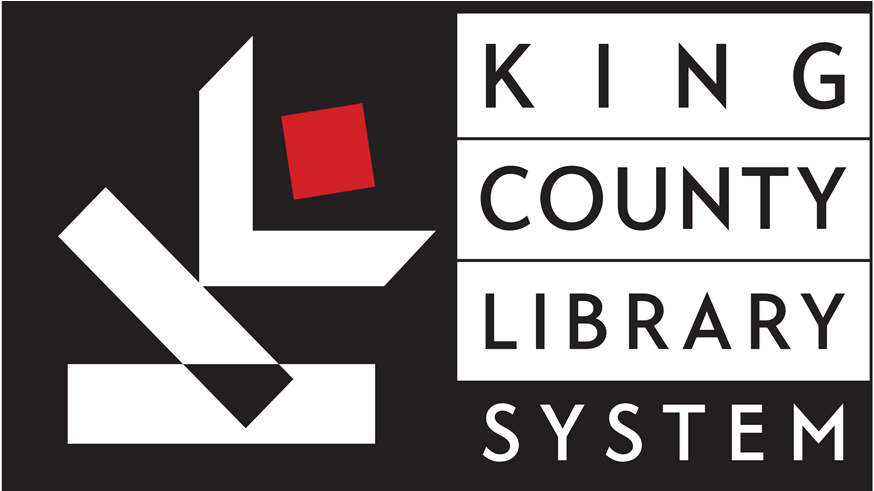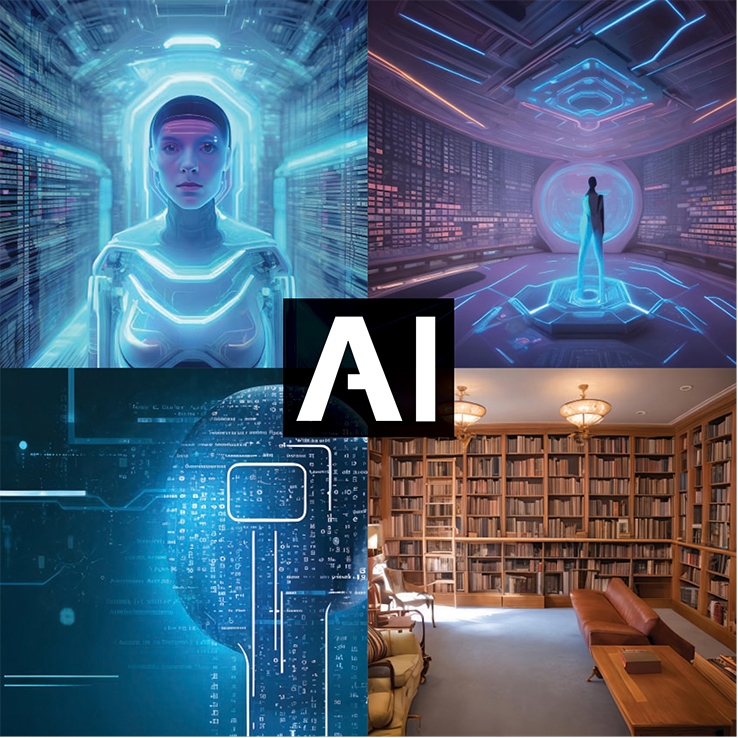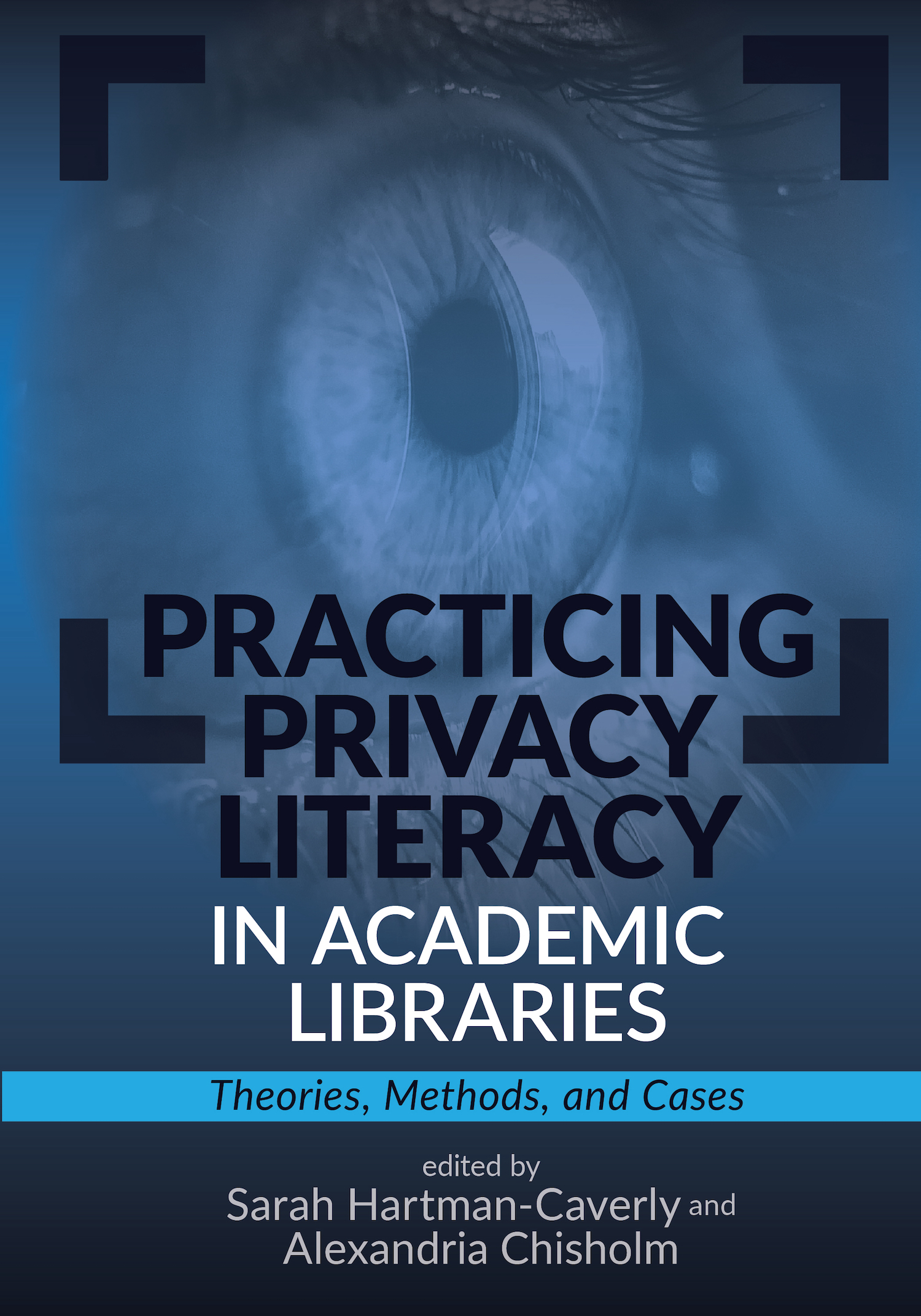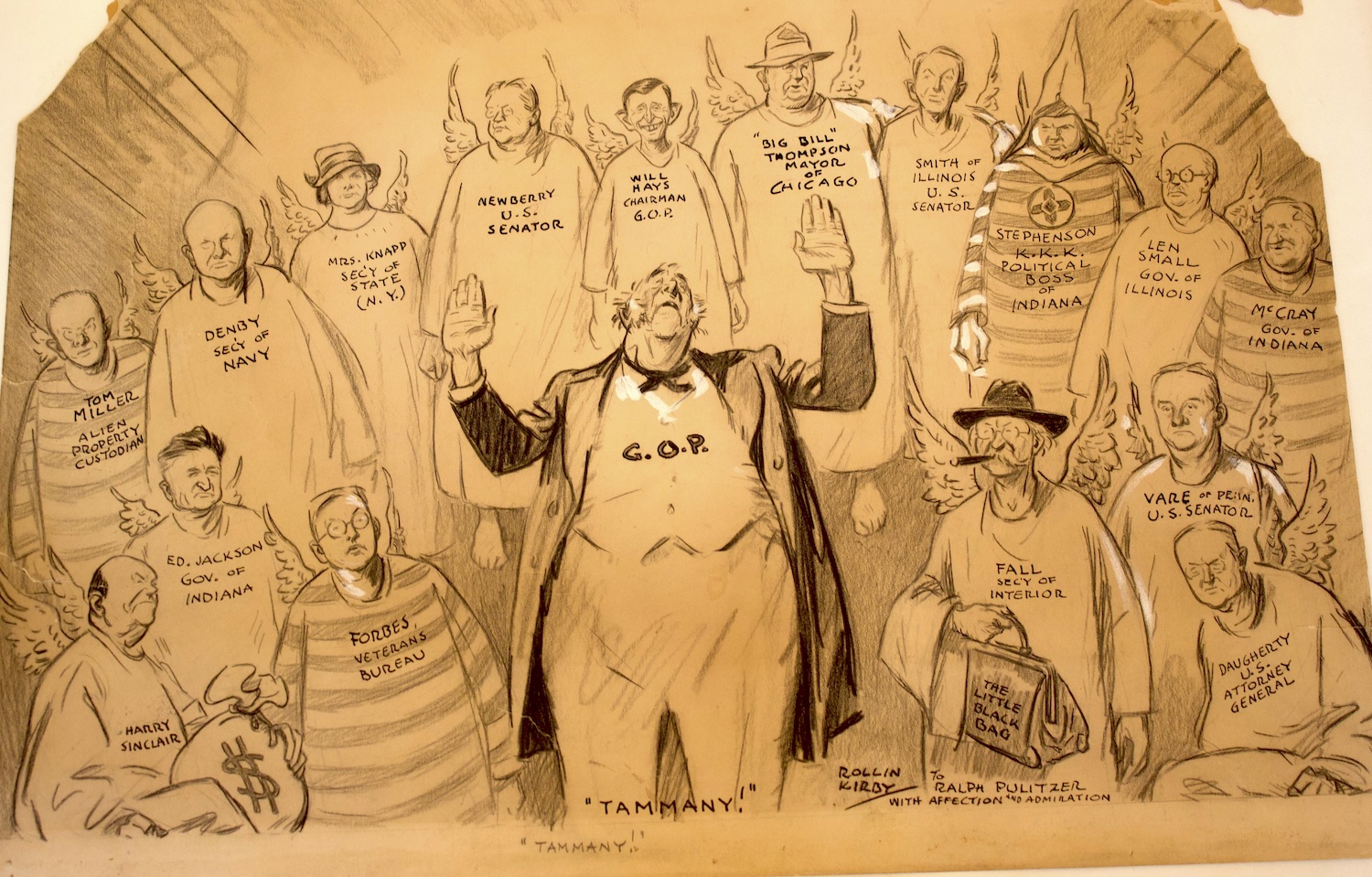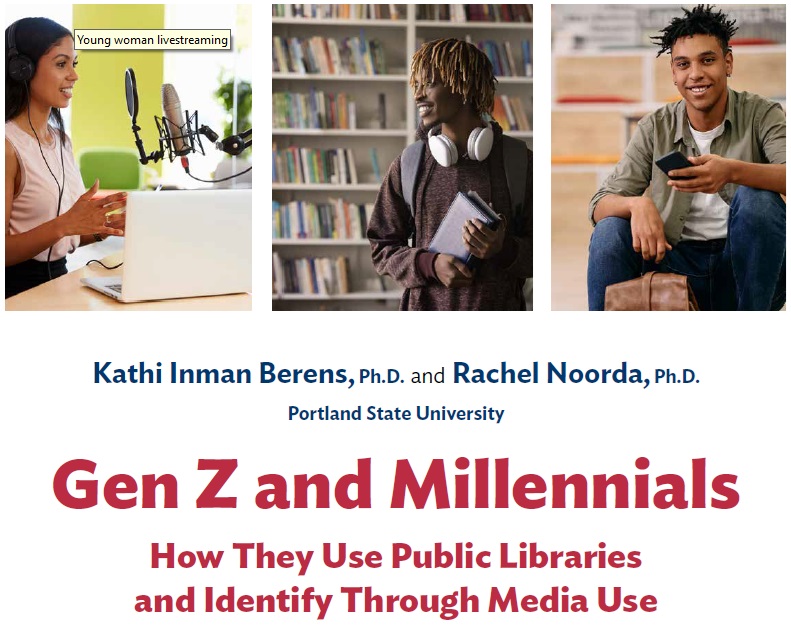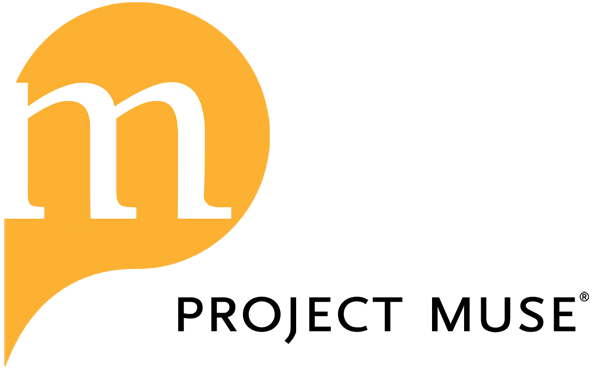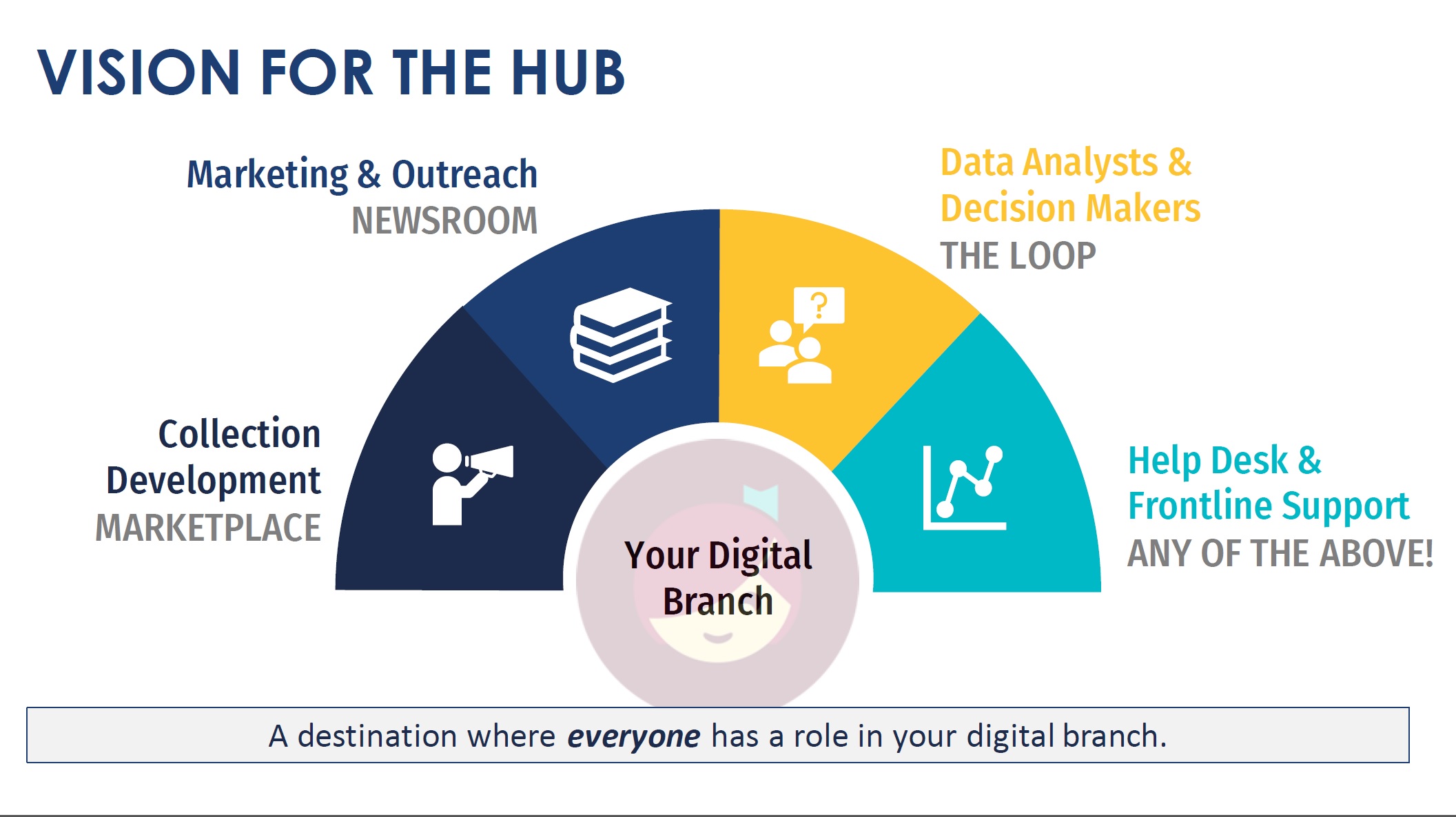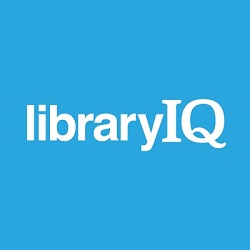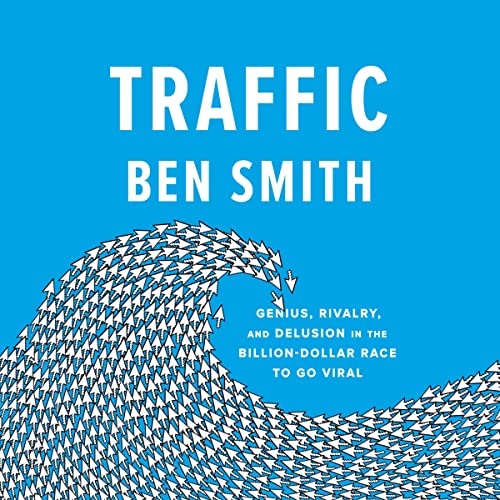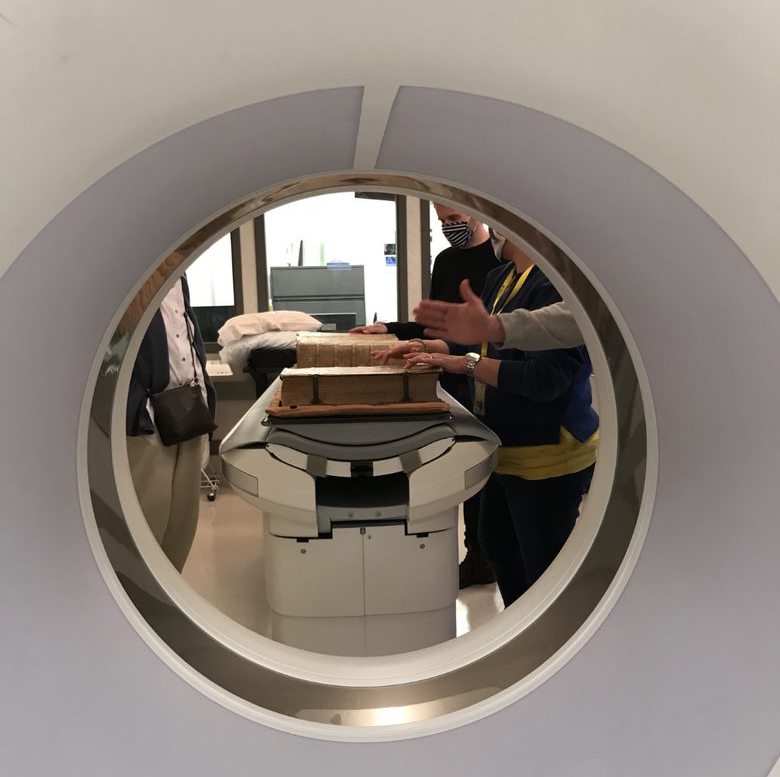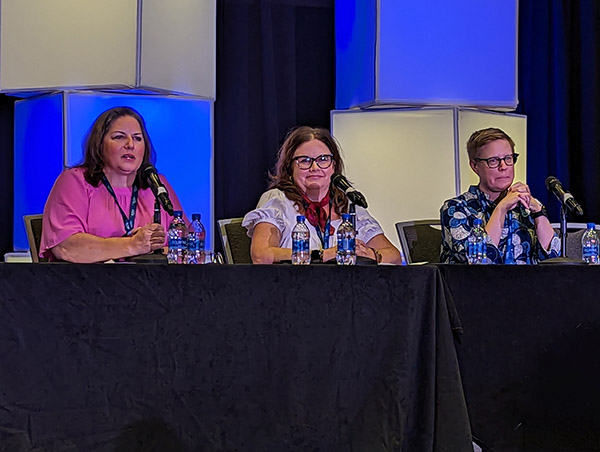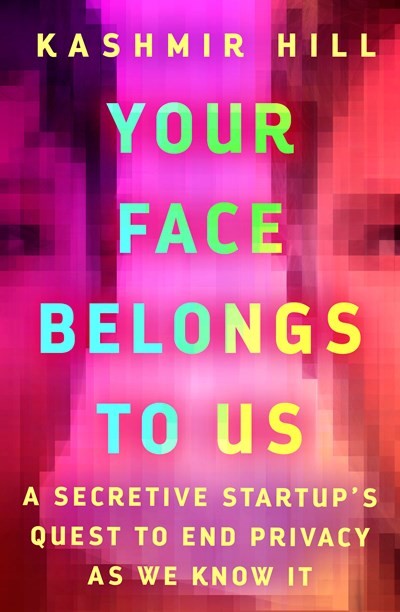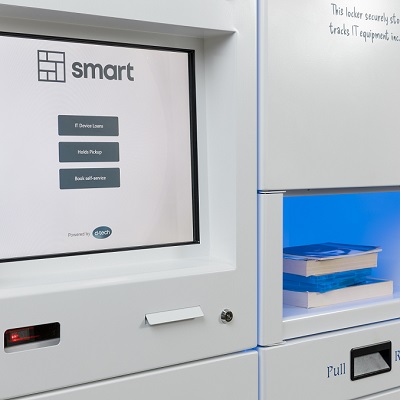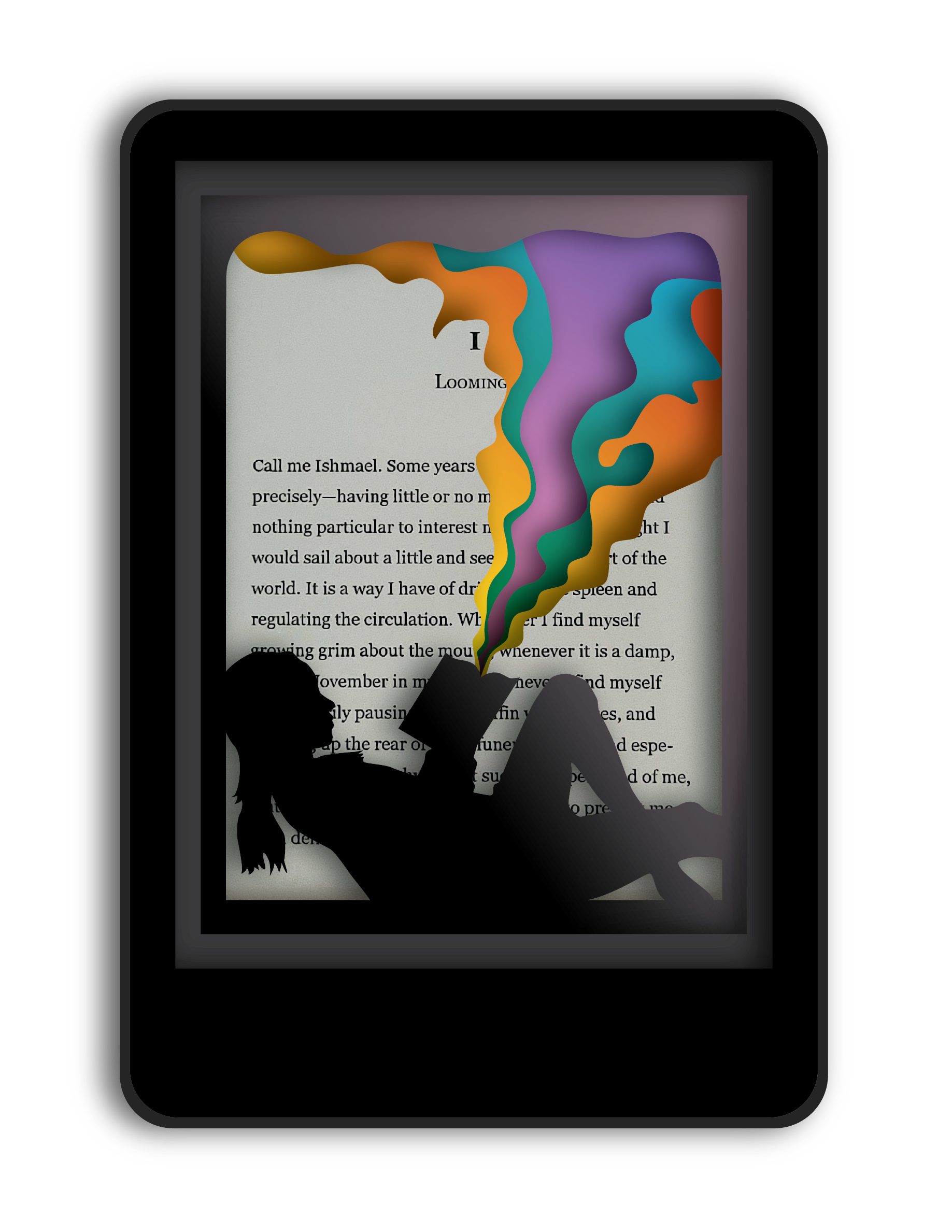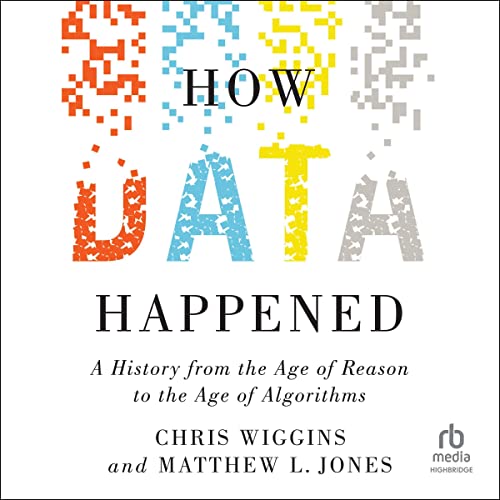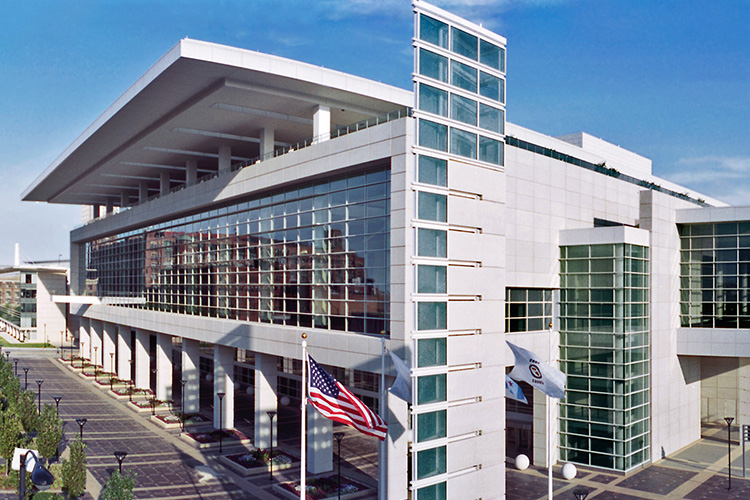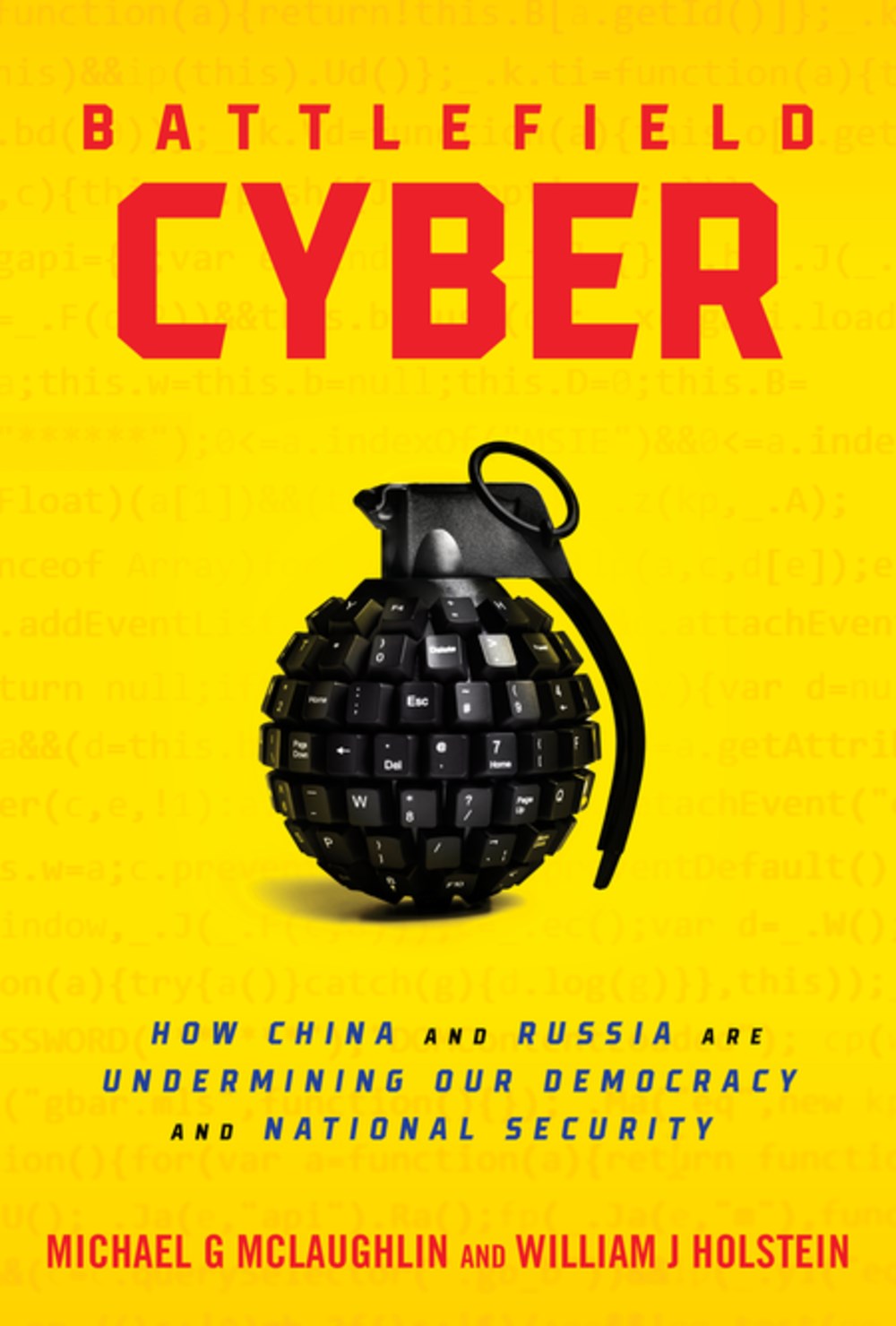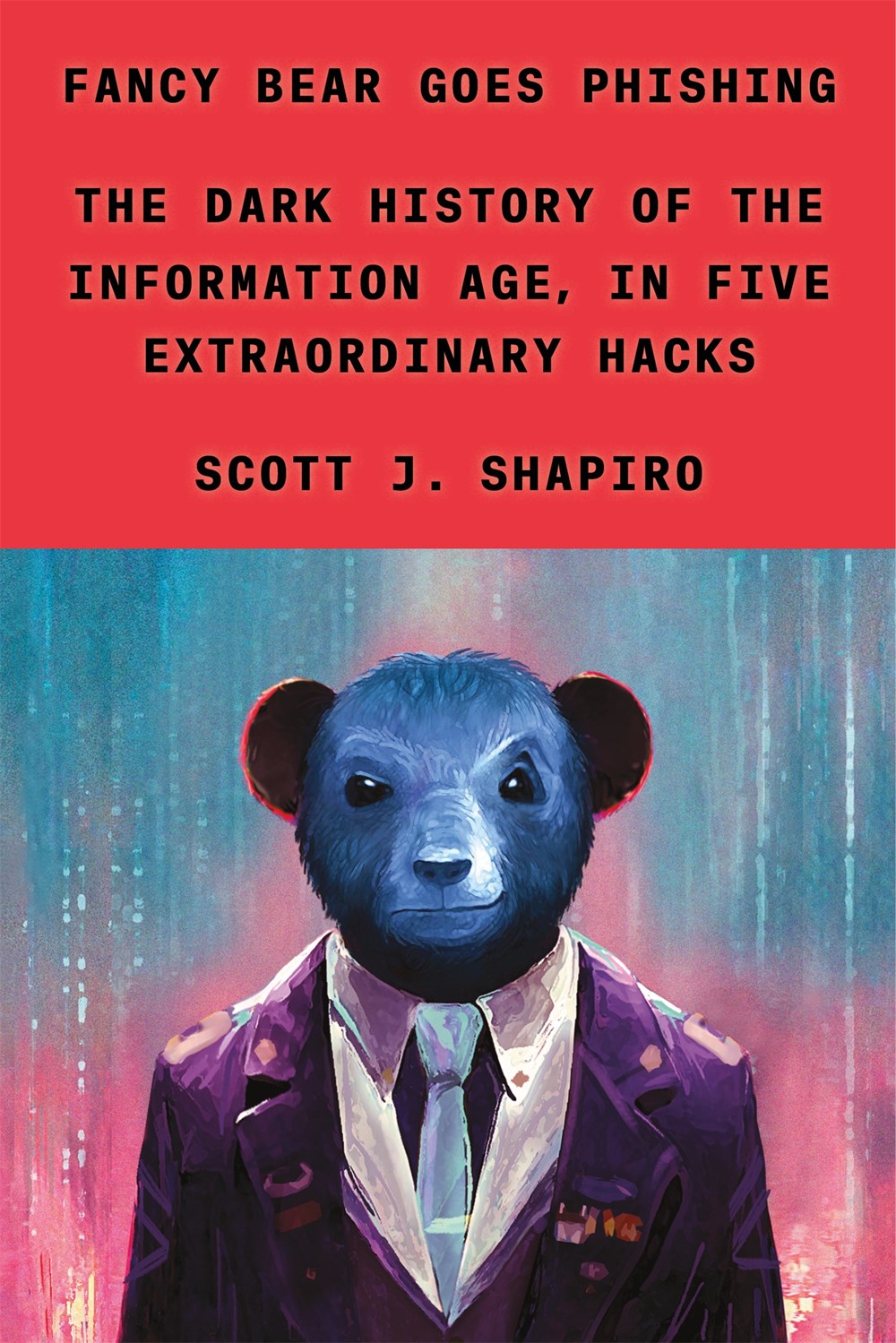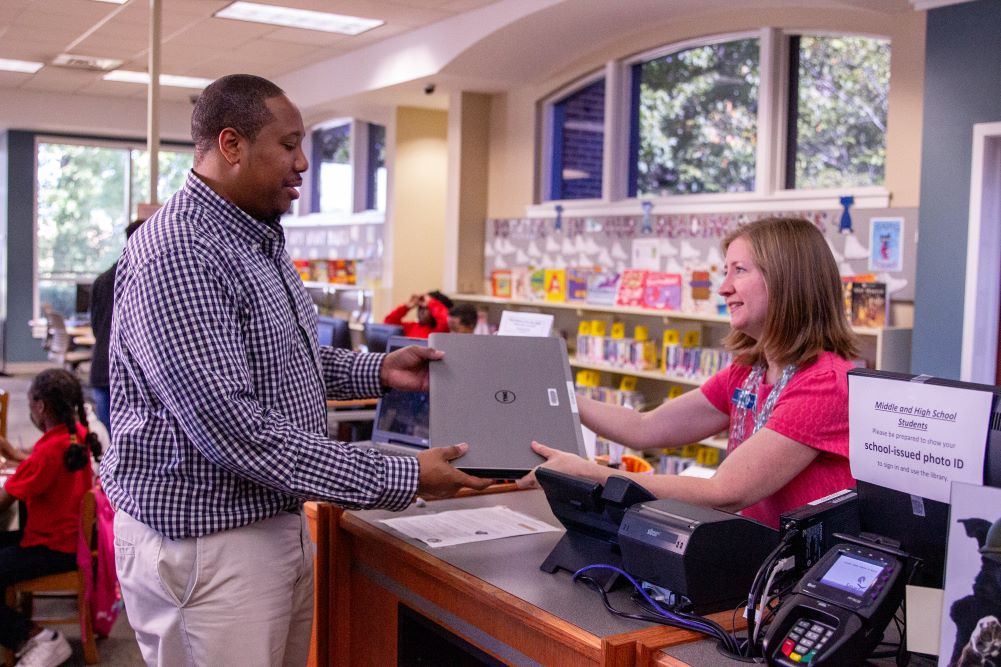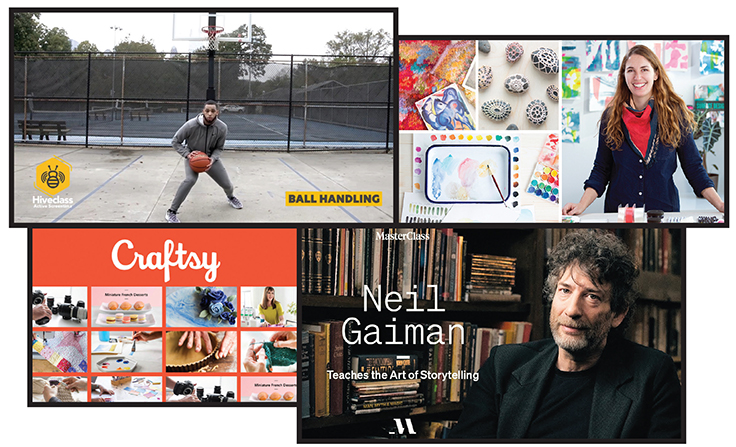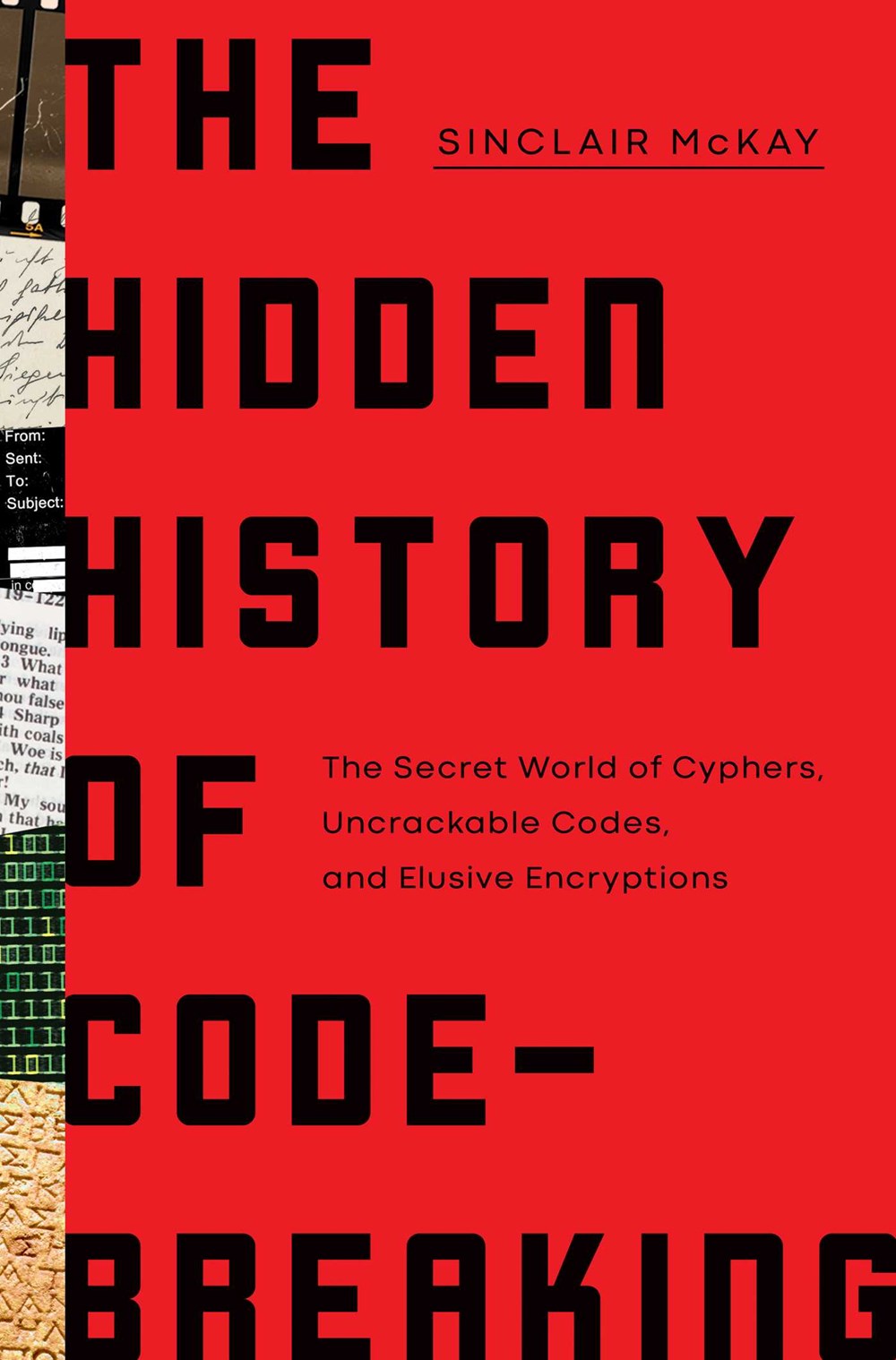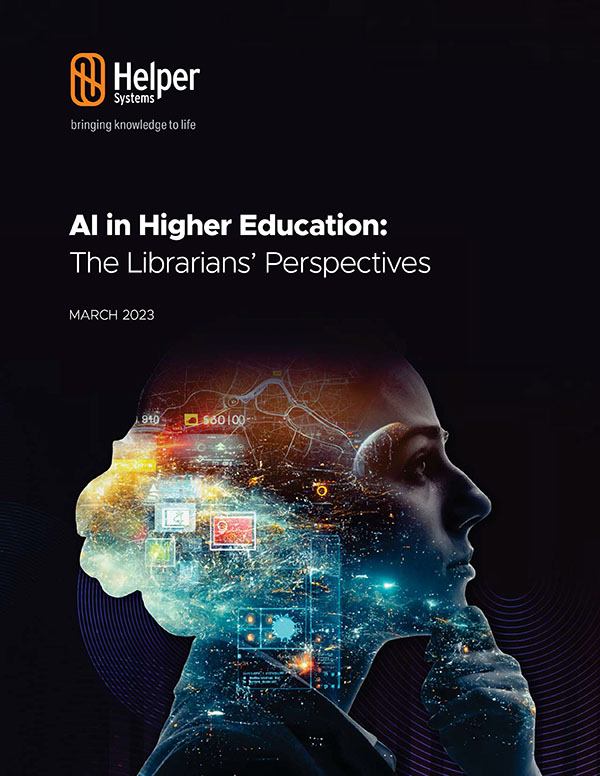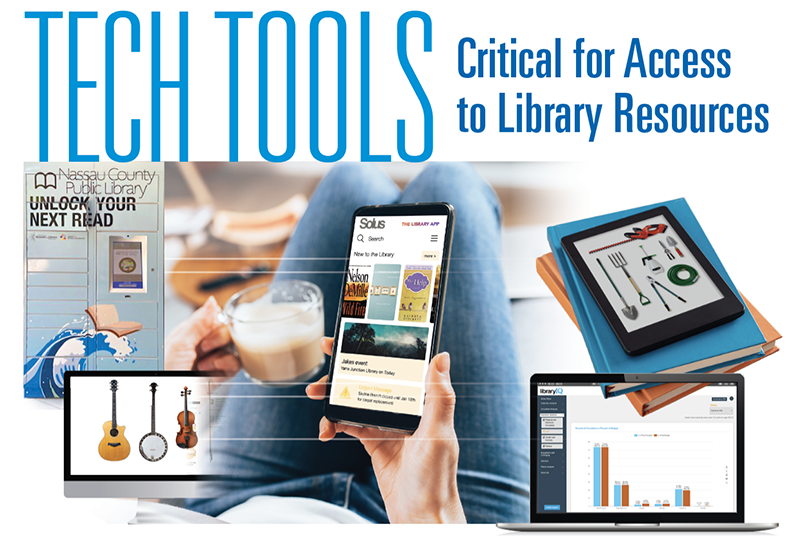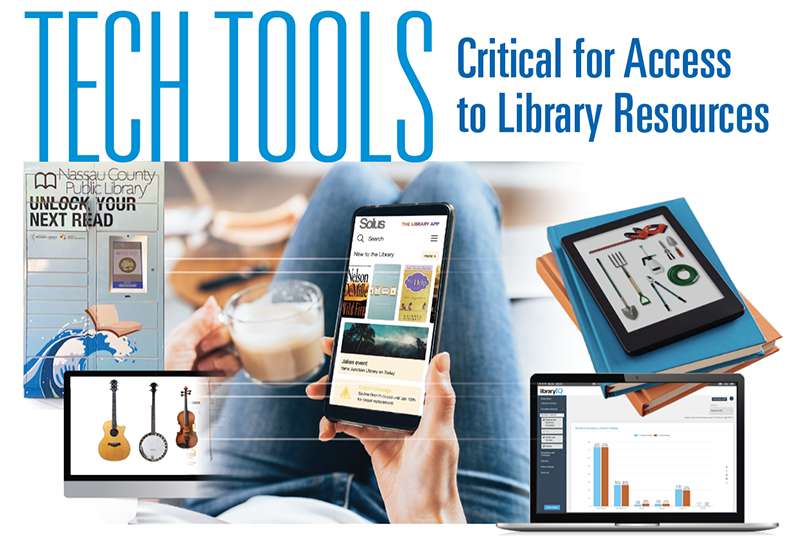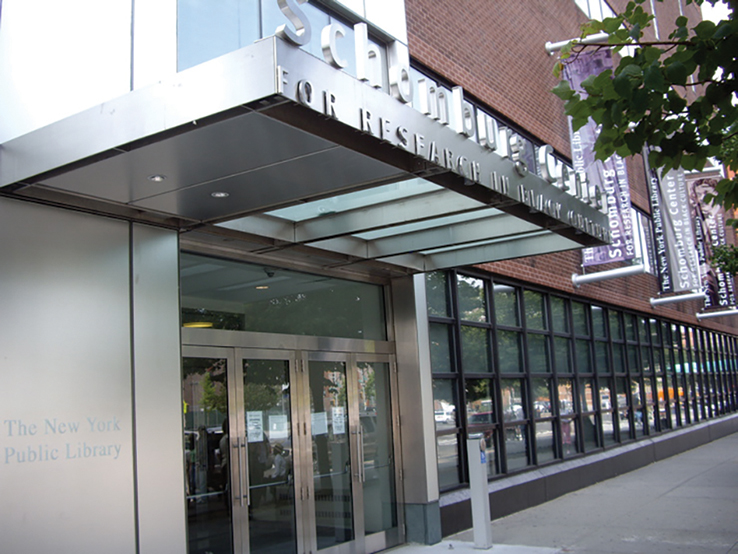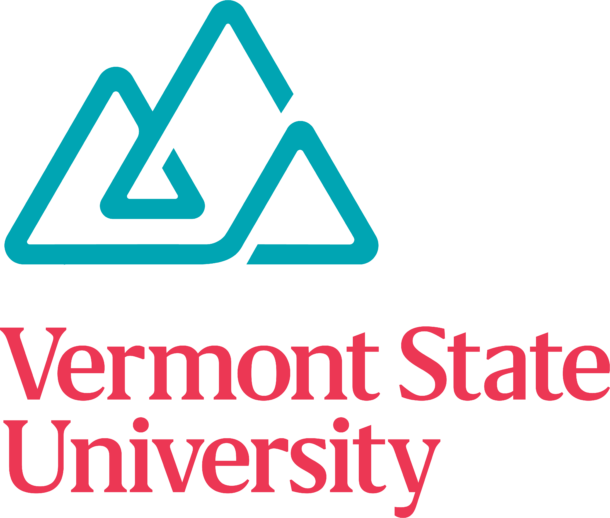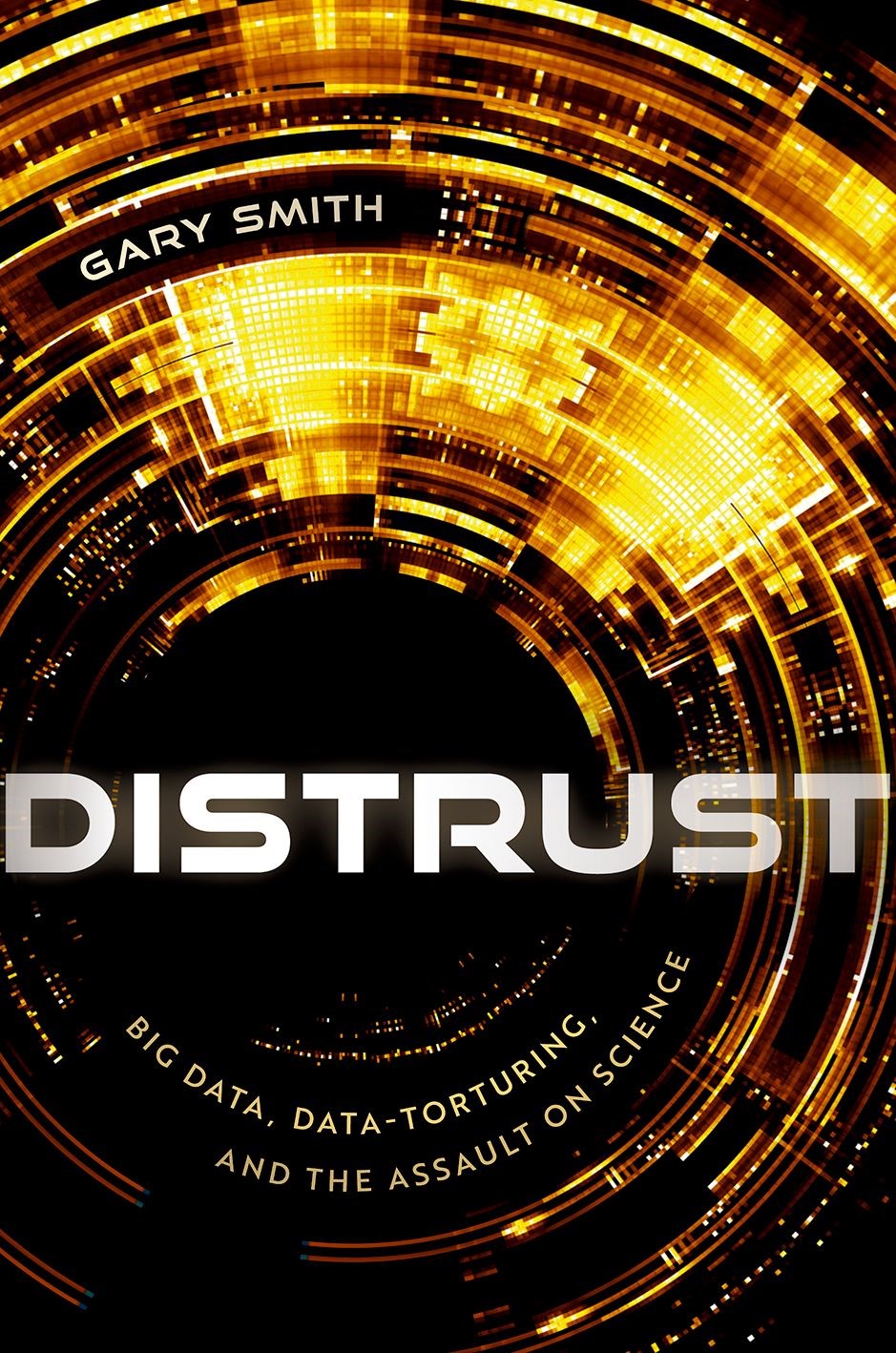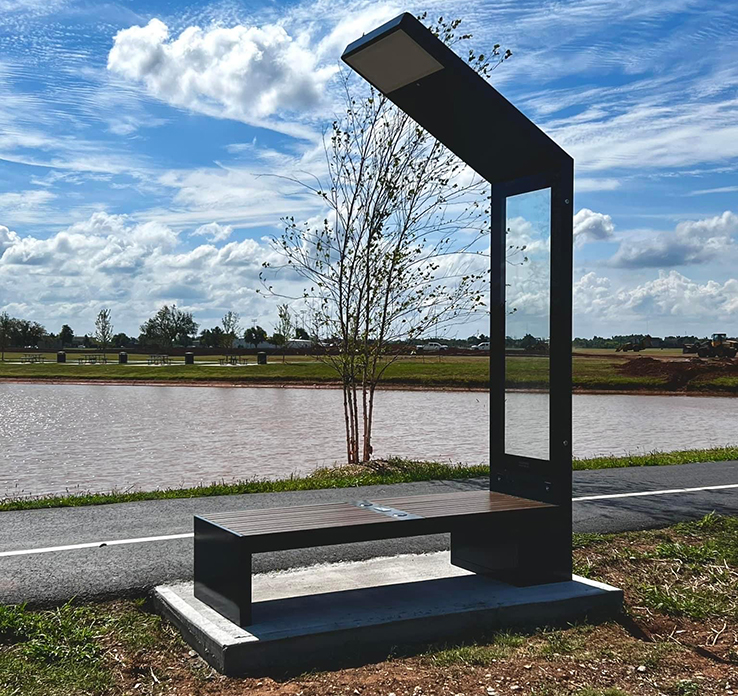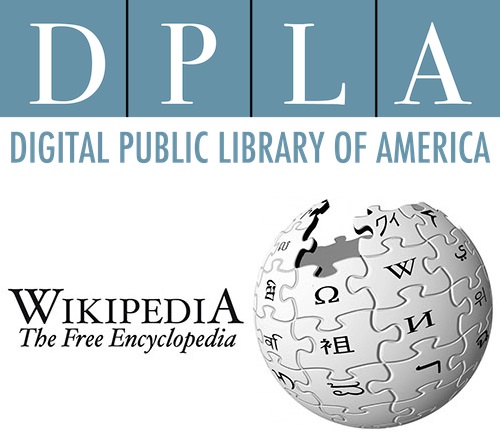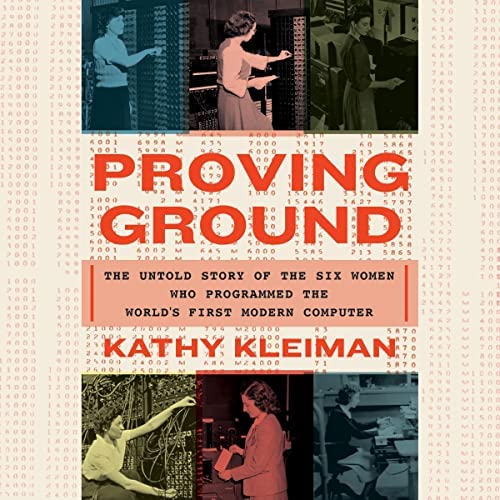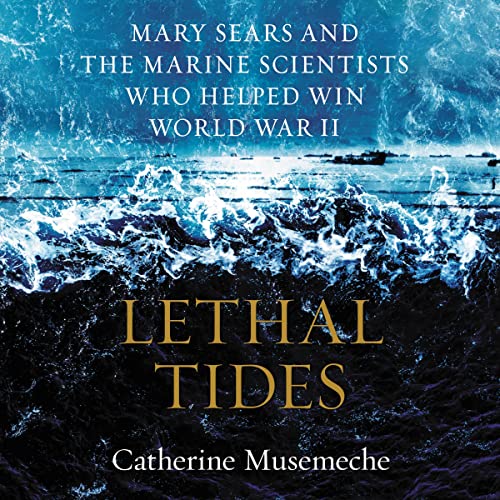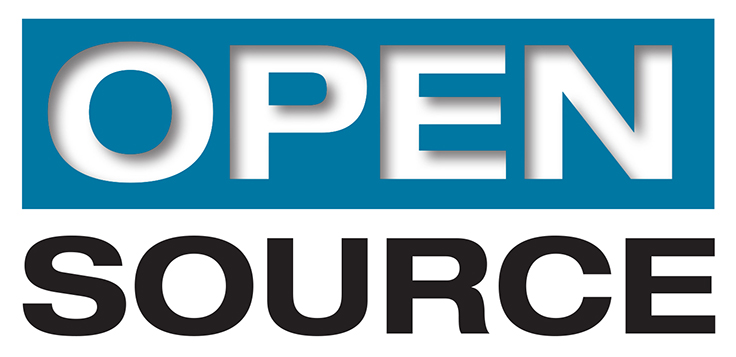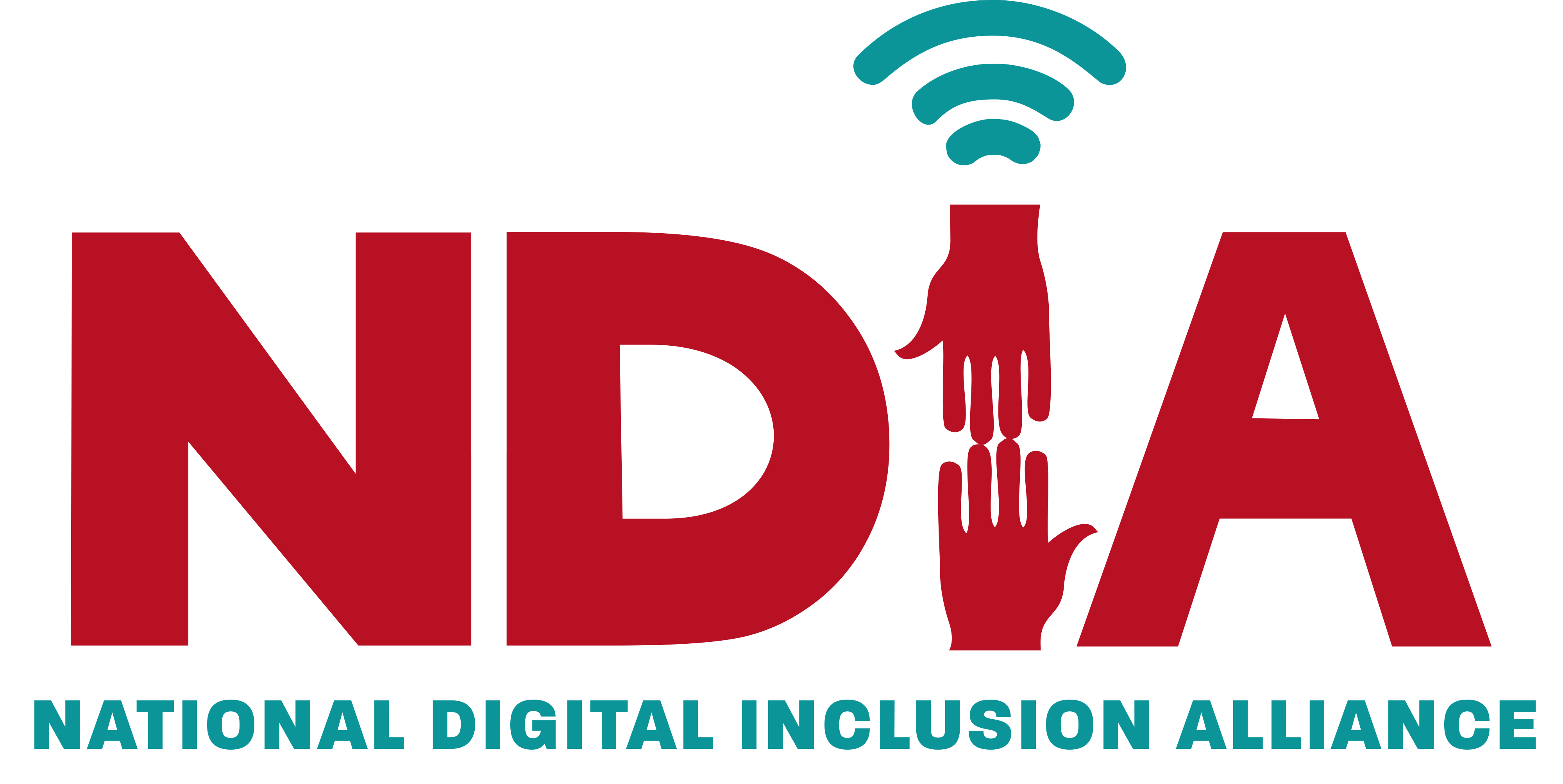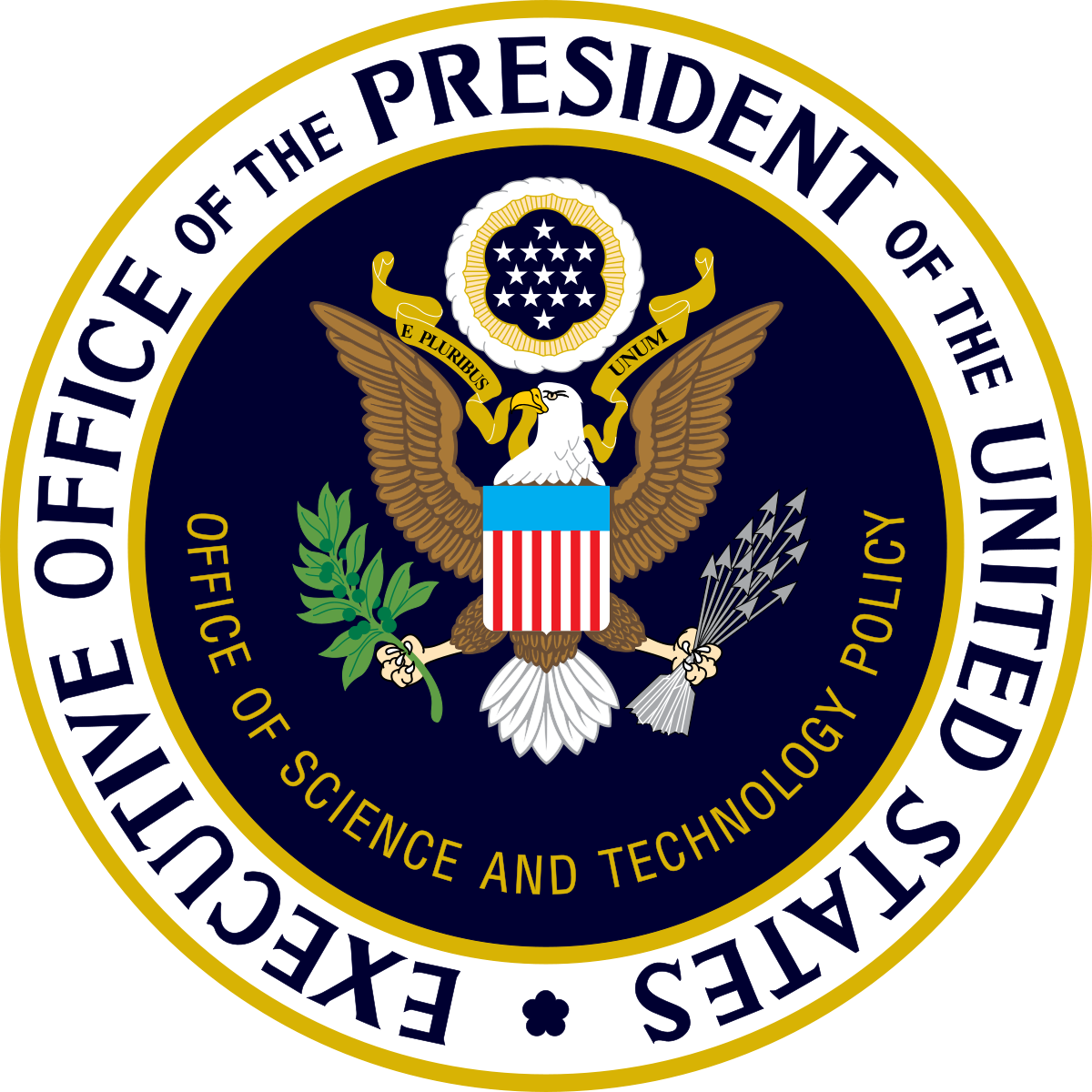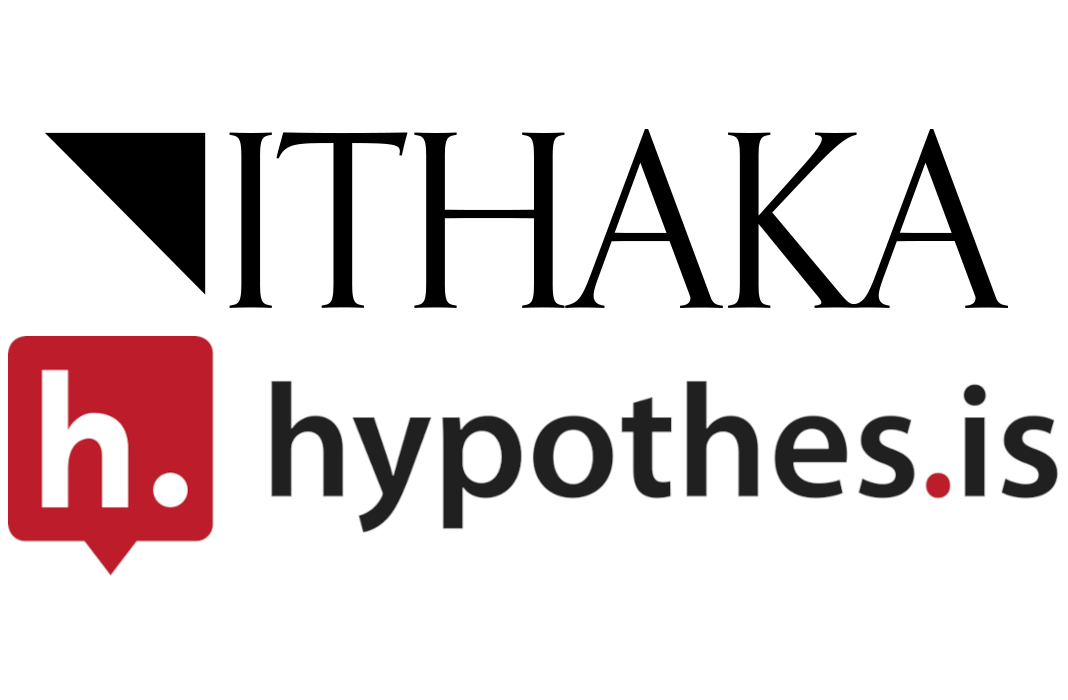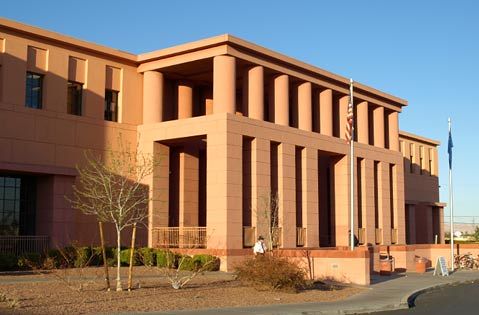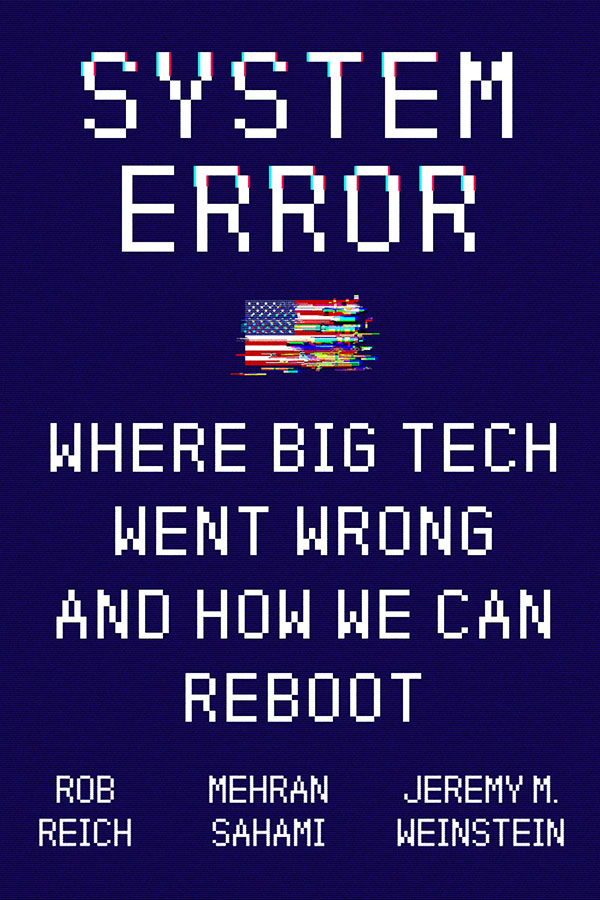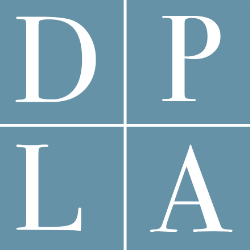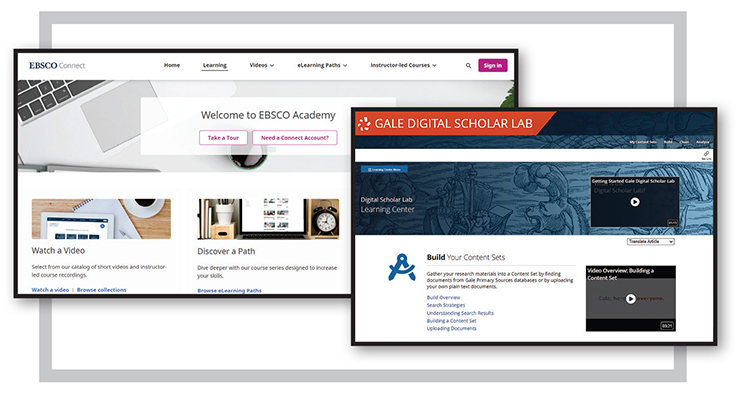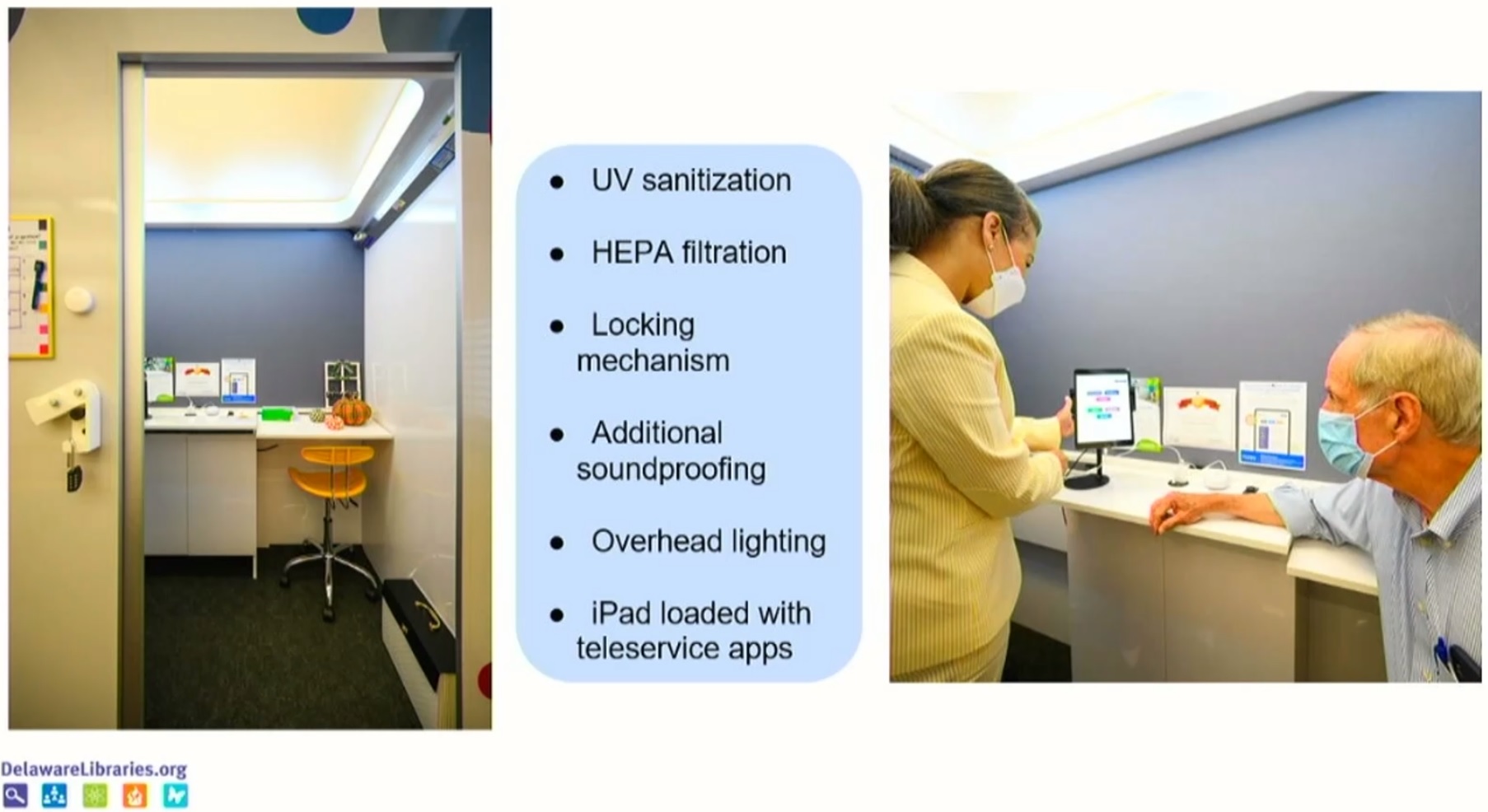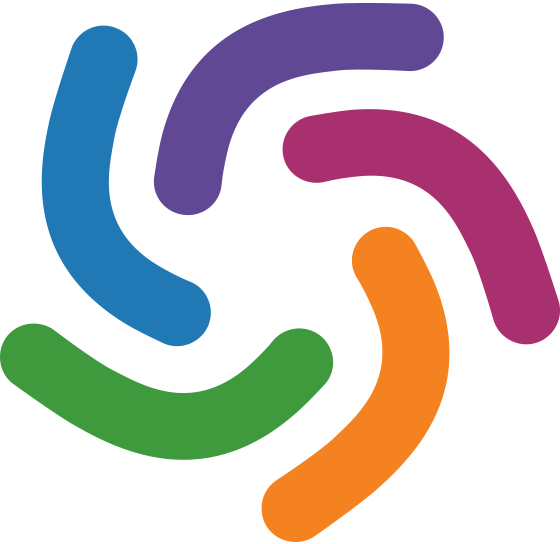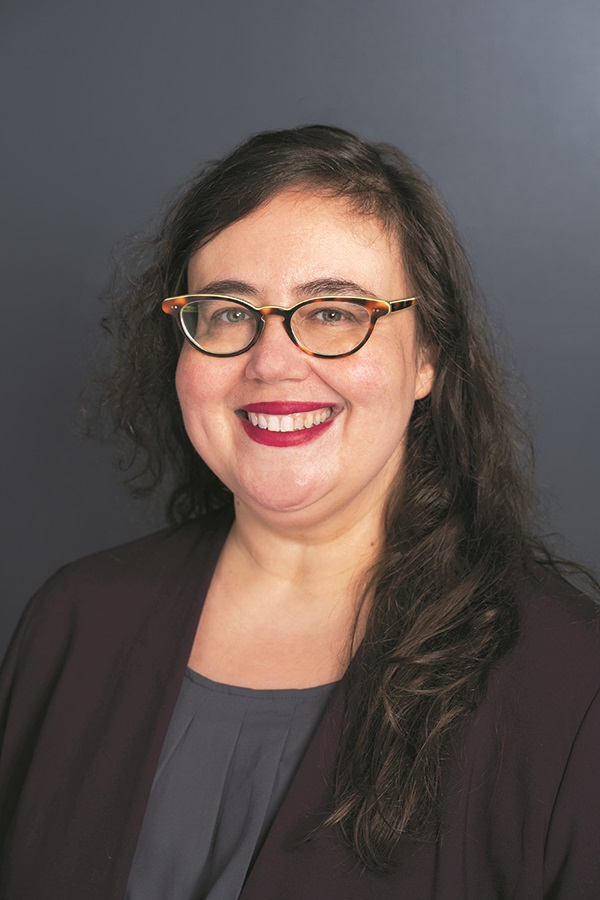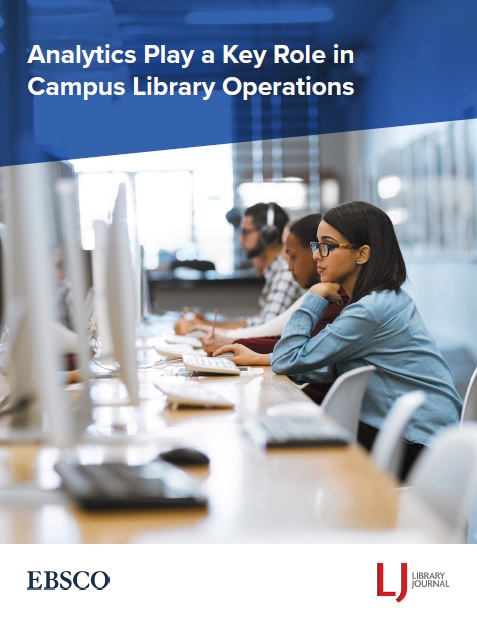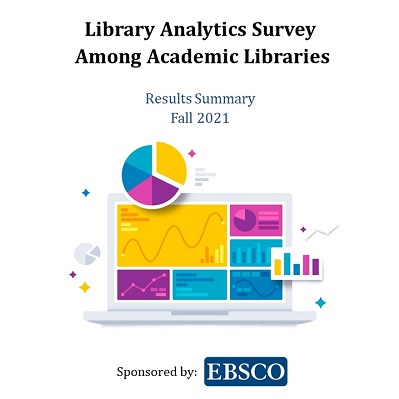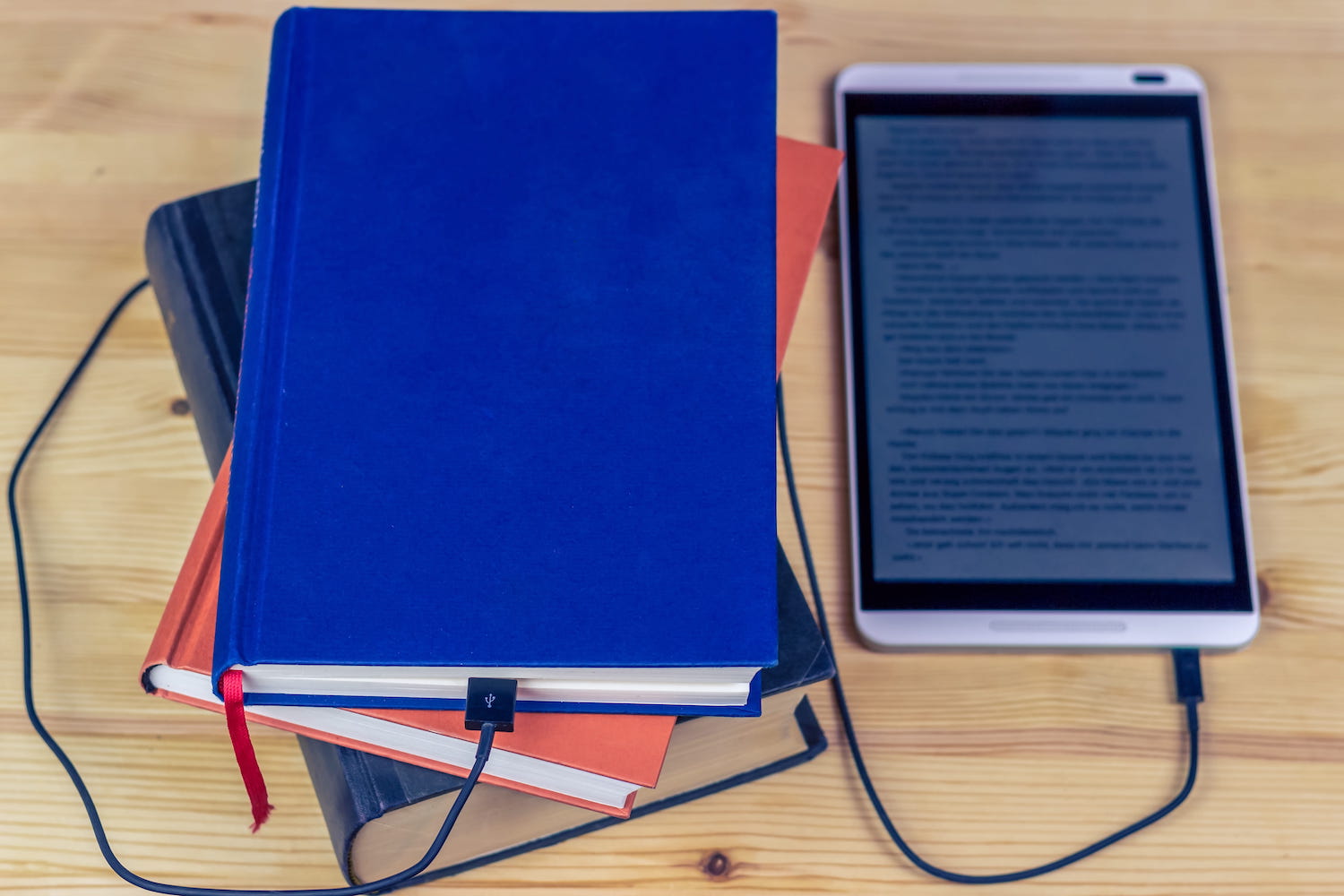Related
The Greater Columbus Convention Center’s exhibit halls were full of activity during this month’s Public Library Association (PLA) 2024 conference in Ohio. Here are a few of the topics LJ had the opportunity to discuss in person at the show, as well as other vendor announcements within recent weeks.
Michael Reynolds, editor-in-chief of Europa Editions, saw libraries and publishers as star-crossed lovers that have been kept far apart for as long as possible, finally meeting in one room in Columbus, OH, at IndieLib, a conference hosted by the Independent Publishers Caucus and the Digital Public Library of America on April 2.
Academic librarians are helping both students and instructors navigate the rapidly evolving field of artificial intelligence.
Library entertainment platforms offering movies and TV shows gain on commercial streaming services as consumers balk at subscription costs. With “subscription fatigue” on the rise, libraries are seeing a growing popularity in streaming services—and deciding how best to provide them.
The librarians interviewed for LJ's April 2024 feature on artificial intelligence (AI) and academic libraries have written and posted a variety of papers, LibGuides, and other content to help instructors and students better understand and utilize AI tools such as ChatGPT.
Baker & Taylor and Library Ideas have announced an exclusive partnership that will see Baker & Taylor distributing Library Ideas’ VOX and IR [Immersive Reality] Books to libraries and schools. VOX Books are hardcover print fiction, nonfiction, and picture books with permanently attached VOX Readers that transform the titles into all-in-one read-along audiobooks. IR Books are hardcover nonfiction print books featuring virtual reality and augmented reality elements.
On Saturday, March 16, a standing-room-only crowd—especially notable for one of the first warm days of spring and the day of New York City’s St. Patrick’s Day parade—packed into Queens Public Library's (QPL) Queensbridge Tech Lab, a makerspace in the Long Island City neighborhood of Queens. Drawing them to the space was the Queens Name Explorer Edit-a-Thon, hosted by QPL’s Memory Project, Wikimedia NYC, OpenStreetMap US, and Urban Archive.
Libraries are incorporating collaboration, creativity, and a steadfast commitment to create accessible and inclusive spaces. Also, LJ looks at EBSCO's academic ebook accessibility findings.
People are always a library’s greatest assets. The trained and experienced staff who interact with patrons, answer questions, recommend resources, lead story hours, and oversee workshops are what make libraries a vibrant and essential part of their communities. But librarians can’t be everywhere all at once. This is where technology can help.
Unite Against Book Bans—the national initiative launched by the American Library Association (ALA) in 2022 to help readers, libraries, publishers, and other institutions in the fight against censorship—this week launched a free collection of book résumés “to support librarians, educators, parents, students, and other community advocates in their efforts to keep frequently challenged books on shelves.” Separately, OverDrive subsidiary TeachingBooks last month announced the launch of a new Book Résumés Toolkit at ALA’s LibLearnX conference in Baltimore.
The Afterlife of Data: What Happens to Your Information When You Die and Why You Should Care
On January 22, the Library of Congress (LOC) announced the launch of the COVID-19 Archive Activation website, an online tool created in collaboration with national oral history nonprofit StoryCorps, which will allow members of the public to submit audio accounts of their pandemic experience. Anyone wishing to share their story or interview others can take part. These oral histories will become part of LOC’s American Folklife Center collections and be made accessible at archive.StoryCorps.org.
Artificial intelligence (AI) was a hot topic at this year’s American Library Association LibLearnX conference in Baltimore, January 19–22, with multiple presentations, panels, and workshops covering the technology and its impact on libraries and the people they serve, touching on both AI’s potential and its current flaws.
The Collaborative Institute for Rural Communities Librarianship (CIRCL), Gigabit Libraries Network, and 14 state libraries announce the launch of the State Libraries and AI Technologies (SLAAIT) Working Group,
The Toronto Public Library (TPL) is in the final stages of recovering from a ransomware attack on October 28, 2023 that shut down the library’s internal network, website, and public computers. Although TPL managed to keep all of its 100 branches open and host programs throughout the ordeal, patrons were unable to access their library accounts online or use the library’s computers for more than two months.
A project to record the memories of residents in King County, WA—particularly Asian Americans displaced during World War II—is set to begin soon. King County Library System was awarded an $800,000 Mellon Foundation grant that will be used to hire a staffer to oversee a project that will create memory labs at two different locations.
2023 was a breakout year for generative artificial intelligence, and librarians are in a position to help patrons work with this technology.
Colleges and universities often have a hard time effectively showcasing their special collections for the general public. The University of Georgia’s Franklin College of Arts and Sciences has solved this challenge with an easy-to-use digital platform called Recollect.
As the information landscape continues to evolve, and people access knowledge and entertainment in very different ways than just a generation ago, the role of libraries in their communities is shifting. Using data can help librarians ensure the resources they provide are relevant to the needs of their users.
The best science and technology titles of 2023 entice, educate, and entertain readers. These books are a mixture of dirt, delight, and a demand for change.
It’s easy, as librarian-educators, to be overwhelmed and intimidated by the pace of technological change, as well as dismissive of the need for educating students and patrons about privacy on the assumption that they have fully embraced these technologies and likely don’t care. But the reality is that students do care about privacy, and want to be able to make informed, intentional choices about how they are known by and accessible to others.
Digitization projects in Maryland, Montana, and Houston, TX, present a glimpse of current trends in digital archives, as state and city libraries work to create collections that reflect local and regional history.
From the first known caricature of Abraham Lincoln to a Pulitzer Prize–winning cartoon satirizing the Tammany Hall political machine, the Michael and Susan Kahn Political Cartoon Collection, now at UCLA, contains thousands of individual images, periodicals, books, and ephemera dating back to the late 17th century.
People 40 and younger are using public libraries, often at higher rates compared with older generations even when they don’t define themselves as readers, according to Gen Z and Millennials: How They Use Public Libraries and Identify Through Media Use, a survey and report by Kathi Inman Berens and Rachel Noorda, both from Portland State University.
Recent announcements from Project MUSE, Clarivate, and other vendors, as well as Cornell's arXiv, the Bruce Springsteen Archives and Center for American Music at Monmouth University, and more.
The Internet Archive (IA) in September submitted an appeal to the summary judgment against them in the Hachette v. Internet Archive copyright case, and IA is now asking the Second Court of Appeals for a deadline of December 15 for submitting its opening brief, IA Senior Policy Counsel Lila Bailey announced during the organization’s Virtual Library Leaders Forum earlier this month.
With the sharp uptick in challenges to books with LGBTQIA+ and BIPOC subjects and authors, this year’s Banned Books Week (October 1–7) resonates strongly with library staff and users alike. Public, academic, and school libraries from Los Angeles to Maine have launched local anticensorship campaigns—and some, like Brooklyn Public Library's Books Unbanned and New York Public Library's Books for All, are providing access to removed or restricted books nationally. One such initiative, the Digital Public Library of America’s (DPLA) Banned Book Club, has been providing challenged books to readers across the country, via the free Palace e-reader app, since its launch in July.
OverDrive will soon debut several new features including OverDrive Hub, a portal designed to enable staff in a variety of roles to work with their library’s digital branch, the company announced during the “Forward Together: The Future of Your Digital Branch with the OverDrive Hub and Libby” panel at OverDrive’s biennial Digipalooza conference in August.
Today, we're sharing the stories of three different libraries and how their decision to become data-driven is increasing patron engagement.
Often, medieval book bindings—as many as one in five from the 15th and 16th centuries—are reinforced with fragments of pages from older printed volumes that bookbinders considered obsolete. Without the option of dismantling precious books to reveal the fragments, specialists turn to x-ray technology to reveal words that have been hidden from view for hundreds of years. A team at the University of Iowa recently used familiar medical technology—a computerized tomography (CT) scanner—to do just that.
Book banning groups are becoming more organized, but libraries are evolving new tactics to oppose censorship efforts, panelists said during the “#UniteAgainstBookBans: Advocate for your community’s right to read” panel with Emily Drabinski, Sara Gold, and Lisa Varga, with moderator Brian Potash, at OverDrive’s biennial Digipalooza conference in Cleveland August 9–11.
Libraries are constantly becoming more versatile when it comes to offering patrons a broad spectrum of services. They have made extra efforts in delivering high-quality customer service to suit a new generation of library users.
Most libraries don’t own their own ebooks. This shouldn’t come as a surprise to LJ readers, yet it’s a statement that continues to confound elected officials and administrators who get an astounding amount of say in how much money public and academic libraries are allotted. This is one of the reasons I, along with my coauthors Sarah Lamdan, Michael Weinberg, and Jason Schultz at the Engelberg Center on Innovation Law & Policy at New York University Law, published our recent report, The Anti-Ownership Ebook Economy: How Publishers and Platforms Have Reshaped the Way We Read in the Digital Age.
Handbook of Research on Advanced Practical Approaches to Deepfake Detection and Applications
This summer has seen several announcements from library vendors, including many during the recent American Library Association conference in Chicago. Here’s some of the recent news.
Fancy Bear Goes Phishing: The Dark History of the Information Age, in Five Extraordinary Hacks
OpenAI’s ChatGPT has been a hot topic ever since it debuted to the public seven months ago. So much so that the American Library Association’s (ALA) Core division decided to forgo its traditional wide-ranging approach to its Top Tech Trends panel and focus exclusively on the potential benefits and problems of generative artificial intelligence (AI) during the “Core Top Technology Trends: Libraries Take on ChatGPT” session at the ALA Annual Conference, held June 22–27 in Chicago.
The Georgia Public Library Service (GPLS) has distributed more than 7,000 Chromebooks and 2,800 Launchpad tablets to libraries throughout the state with the help of $2.3 million provided by the Governor’s Emergency Education Relief (GEER) fund via the federal Coronavirus Aid, Relief, and Economic Security Act.
Demand for educational video resources continues to grow. Apps including Craft & Hobby, Creativebug, and Hiveclass, as well as streaming DIY video from OverDrive and hoopla, are helping patrons learn how to do everything from sewing to pickleball.
Christopher Brannon and George Williams are go-to experts helping the free, open source Koha integrated library system (ILS) grow and thrive in U.S. libraries. Both have been active leaders in the koha-US user group: In addition to their work on committees and regular appearances as presenters and panelists at conferences and events, Brannon is the organization’s current president, and Williams is a past president.
In a blow to the Internet Archive’s (IA) Open Library project and potentially to the concept of controlled digital lending (CDL), Judge John Koeltl of the United States District Court in the Southern District of New York on March 24 granted a summary judgment in favor of Hachette Book Group, HarperCollins, John Wiley & Sons, and Penguin Random House in their lawsuit against IA. The lawsuit was filed on June 1, 2020, in response to the March 24 launch of IA’s “National Emergency Library,” which temporarily offered unlimited simultaneous access to IA’s collection of 1.4 million digitized books during the initial wave of the COVID-19 pandemic, when many K–12, public, and academic libraries had been suddenly closed.
Many academic librarians believe context matters when artificial intelligence (AI) tools such as ChatGPT are used by students and faculty to assist with their work, according to “AI in Higher Education: The Librarians’ Perspectives,” a recent survey of 125 librarians published this month by Helper Systems. While only eight percent of respondents said that they believe it is cheating when students use AI products for research—compared with 49 percent who said it was not—42 percent said that it was “somewhat” cheating.
One of the biggest takeaways from the pandemic is the sheer number of people whose needs aren’t being met by traditional library programs. As libraries seek to expand opportunities for the patrons in their community, technology tools and resources play a critical role in ensuring access to valuable information, items, and services.
One of the biggest takeaways from the pandemic is the sheer number of people whose needs aren’t being met by traditional library programs. As libraries seek to expand opportunities for the patrons in their community, technology tools and resources play a critical role in ensuring access to valuable information, items, and services.
Some libraries have tested WISP Networks and CBRS to explore providing home broadband to their communities, and new satellite technology shows promise for rural libraries.
The Vermont State College System will be combined into one larger umbrella organization as Vermont State University, effective July 1. As part of the reorganization, all books, newspapers or periodicals, and historic pamphlets in libraries throughout the new system will be provided in digital format only—a decision that has met with widespread disapproval among the system’s students, faculty, and staff.
In May 2022, Elizabeth Szkirpan was named a Library Journal Mover & Shaker for her advocacy work promoting technical services professionals within libraries. LJ recently reached out to Szkirpan, director of bibliographic services and federal depository coordinator for the McFarlin Library at the University of Tulsa, to learn more about why this work is important and needs more institutional support.
To combat the digital divide, reduce barriers to service, and add even more ways to engage with the library outside our walls, Pioneer Library System took action to install solar benches in all the communities we serve.
The Digital Public Library of America (DPLA) this month received a $750,000 grant from the Alfred P. Sloan Foundation to fund a multi-year effort to connect the digital collections of libraries, museums, universities, and other American cultural heritage institutions with Wikipedia.
Proving Ground: The Untold Story of the Six Women Who Programmed the World’s First Modern Computer
Hiveclass, a startup company building a “digital encyclopedia of youth sports training,” has been partnering with libraries throughout the United States to offer teens and youth access to its mobile-friendly database of professionally shot, athlete-led instructional videos on soccer, basketball, tennis, dance, self-defense, volleyball, and more.
Elisandro Cabada has worn many hats during his career at the University of Illinois at Urbana-Champaign: Assistant professor for the university library, interim head of the Mathematics Library, and 3-D printing project coordinator, among others. His commitment to developing and using technology for library service and outreach won him a 2022 Movers & Shakers award. Library Journal recently reached out to learn more about his innovative work.
Since April, Brooklyn Public Library’s (BPL) Books Unbanned program has offered free library cards to teens and young adults across the United States who live in communities impacted by book bans, enabling them to access the library’s collection of more than 500,000 ebooks, e-audiobooks, digital magazines, and more. BPL Chief Librarian Nick Higgins recently talked to LJ about how the idea for the program originated and how it has grown during the past six months.
If you’re only concerned with basic collection management, you’re missing an opportunity to make a huge impact on your community. Libraries offer much more than collections, so why do we put considerable emphasis on collections and deprioritize other equally important facets of library operations?
A growing number of libraries are beginning to see the appeal of open-source integrated library systems (ILS) and library services platforms (LSP) such as Koha, Evergreen, and FOLIO.
The National Digital Inclusion Alliance (NDIA) in September announced that Pottsboro Library in Texas was one of 18 organizations that will be part of the National Digital Navigator Corps. Supported by a $10 million investment from Google.org, the new program will enable institutions serving rural and Tribal communities to hire, train, and support a digital navigator to help residents of those communities gain access to the internet, devices, and digital skills training.
On August 25, the White House Office of Science and Technology Policy (OSTP) released new guidance calling for all federally funded research to be made available to the public for free access and use upon publication. The memorandum on Ensuring Free, Immediate, and Equitable Access to Federally Funded Research advises all federal agencies to eliminate the current 12-month embargo period on the outputs of taxpayer-supported research and the data that supports it, to establish transparent procedures in doing so, and to coordinate with OSTP to ensure its equitable delivery.
Higher ed nonprofit ITHAKA announced on August 18 that it has invested $2.5 million in Hypothesis, an open annotation service. Hypothesis, developed with funding from the Sloan, Mellon, and other foundations, enables users to make searchable annotations on text across all platforms and interfaces, at a private or public level—from notes and comments to corrections and addenda. And parent corporation Annotation Unlimited (Anno) envisions a time when this capability will be built into all browsers as a native feature, much like search engines.
The Las Vegas–Clark County Library District, in partnership with the Nevada Homeless Alliance and the Nevada Partnership for Homeless Youth, this spring launched a successful cell phone lending program to provide smartphones to people experiencing homelessness.
Time To Think Small: How Nimble Environmental Technologies Can Solve the Planet’s Biggest Problems
In February, after being alerted to the issue by a group of Massachusetts librarians, Library Freedom Project and Library Futures released a joint statement demanding accountability from Midwest Tape President and Hoopla founder Jeff Jankowski about hateful content and disinformation regarding COVID-19, the Holocaust, LGBTQIA+ people, and other topics on his company’s massively popular electronic content platform for public libraries. Six months later, there is still a great deal of disinformation to be found in Hoopla’s collection on topics ranging from LGBTQIA+ experiences to reproductive health to vaccines.
Best sellers in engineering and technology, July 2021 to date, as identified by GOBI Library Solutions from EBSCO.
#NoTechforICE was started by the national Latinx and Chicanx social justice advocacy group Mijente in 2018, when it became clear that government agencies such as ICE and CBP were purchasing public, private, and commercial data to gather information to aid in the sweeps and deportations of undocumented immigrants. Two companies that have entered into contracts with ICE, LexisNexis and Thomson Reuters—which owns LexisNexis competitor Westlaw—are staples of college and university database subscriptions, and the campaign has caught the attention of academic librarians nationwide.
On June 7 the Maryland State Library Agency (MSLA) and Prince George’s County Memorial Library System (PGCMLS) announced the beta launch of the Guide to Indigenous Maryland, a mobile app (for iOS and Android) and website that enable Marylanders—and users worldwide—to learn about the history of local Native and Indigenous people (PGCMLS's preferred wording uses both terms) and how their heritage continues to influence contemporary life in the state. The free educational resource combines 21 curated sites featuring information on Native American and Indigenous geography and heritage, local history, and present-day life in Maryland.
John Bracken, Micah May, and Shaneé Yvette Willis discussed DPLA's new partnerships, recent projects, and the new Palace Project ebook platform during the “Digital Public Library of America: A Look Ahead” session at the American Library Association’s 2022 Annual Conference.
Vendors offer a variety of training options and practical tips to ensure librarians and patrons get the most out of their databases.
Following a successful pilot test at Delaware’s Seaford, Laurel, and Milford libraries, the Delaware Division of Libraries (DDL) is preparing to roll out a new, comprehensive telehealth program to nine additional locations throughout the state by the end of 2022. The program was discussed in depth during “The First Statewide Library-Led Telehealth Initiative in the First State” presentation on June 26 at the American Library Association’s 2022 Annual Conference and Exhibition in Washington, DC.
Proving Ground: The Untold Story of the Six Women Who Programmed the World’s First Modern Computer
A lawsuit filed by OCLC in U.S. Federal Court, Southern District of Ohio, claims that representatives from Clarivate have been contacting OCLC customers and encouraging them to contribute bibliographic records from WorldCat to an under-development platform called MetaDoor, in direct breach of those customers’ contractual obligations to OCLC.
In the midst of the myriad problems facing libraries in the United States—from the pandemic to burnout to the drastic increase in materials challenges—I want to celebrate a big win: the shift to libraries as at-scale providers of home connectivity for the digitally disenfranchised in their communities.
The Seattle Public Library; District of Columbia Public Library; and Fayette Public Library, Museum & Archives, La Grange, TX, in partnership with the University of Washington, have launched VRtality.org, a website that provides libraries and other institutions with a roadmap for co-designing virtual reality (VR) apps to support the mental health of teens. The roadmap and website were informed by three separate VR pilot programs developed by the three libraries. Librarians worked directly with teen patrons to create the VR programs, treating them as equal partners in the projects.
“Freedom and the Press before Freedom of the Press,” a digital humanities project based at Carnegie Mellon University (CMU), Pittsburgh, has received a $324,931 National Endowment for the Humanities Digital Humanities Advancement grant to develop a set of digital tools to analyze type and paper used in late 17th- and 18th-century English language works.
Ninety-one percent of academic librarians believe that analytics improve their understanding of how students, faculty, and researchers engage with their library, and 85 percent believe analytics can help show the library’s value to administrators and help libraries justify budget decisions, according to a recent national survey of 196 academic librarians conducted by LJ in conjunction with EBSCO.
Many college and university libraries have digitized their valuable collections of unique primary source materials to make them available to researchers. However, these collections can be hard to find. To solve this problem, the not-for-profit organization ITHAKA has opened up JSTOR—its widely used digital research platform for universities to host their unique collections.
In 2021, the Annenberg School’s Library Archives accessioned the collection of Amy Siskind’s Weekly List website; however, the path to get there was complicated, and the final gift looked quite different from how it was conceived in the initial conversation.
Data now inform nearly every aspect of our lives, and academic libraries are increasingly using data to drive operations. In fact, a new survey from Library Journal and EBSCO reveals that library analytics are critical for understanding how users engage with campus libraries.
The press freedom nongovernmental organization Reporters Without Borders (RSF, after its French title, Reporters Sans Frontières) has created a way for readers everywhere to access and read documents that have been banned or censored in the countries where they were published—through The Uncensored Library, a collection of articles and books housed in the virtual world of Minecraft.
E-access was a hot topic at the Public Library Association (PLA) 2022 conference, held in Portland, OR, from March 23–25. Programs examining points along the pipeline from licensing to broadband to innovative infrastructure were well attended.
ALREADY A SUBSCRIBER? LOG IN
We are currently offering this content for free. Sign up now to activate your personal profile, where you can save articles for future viewing
